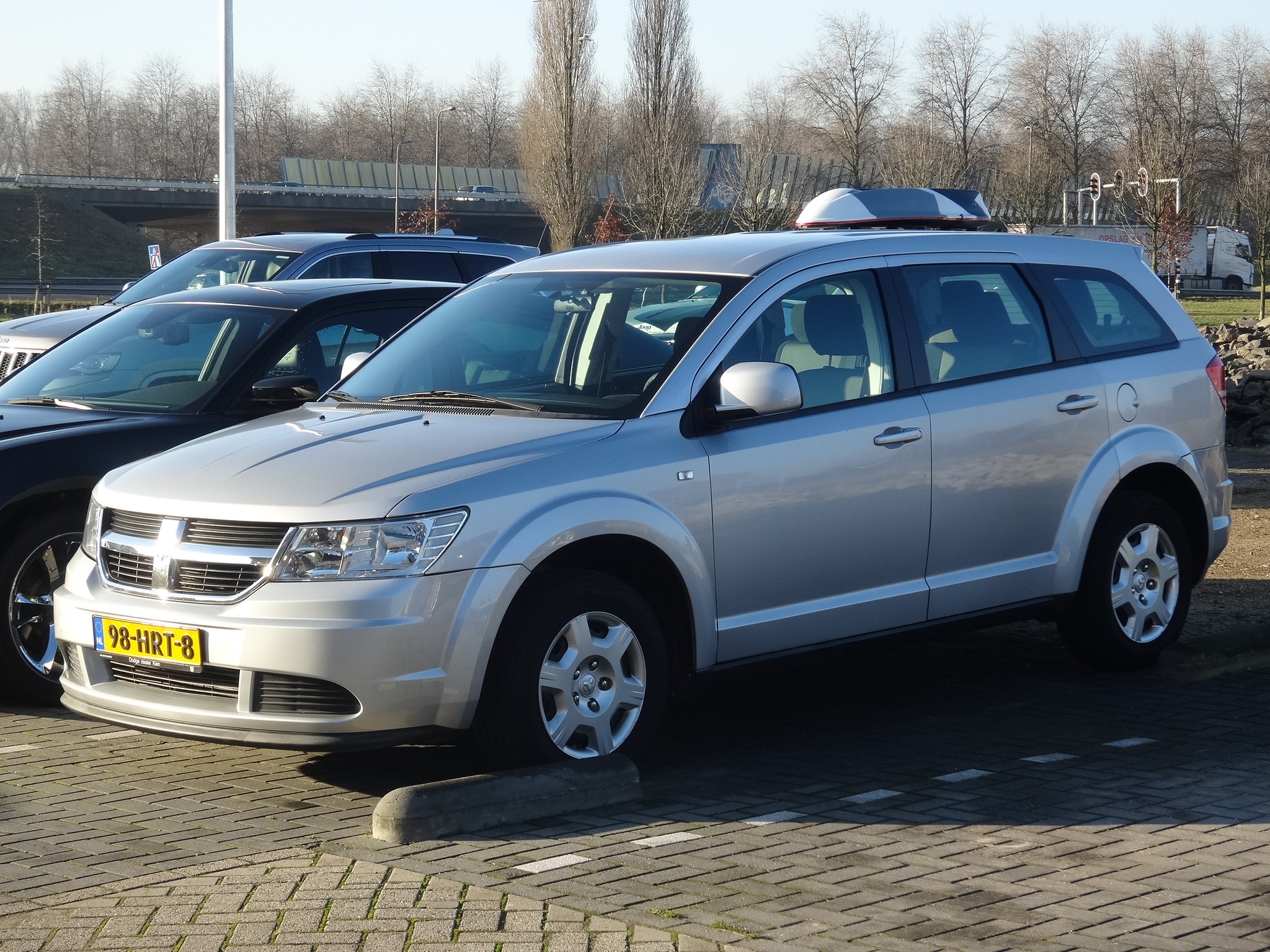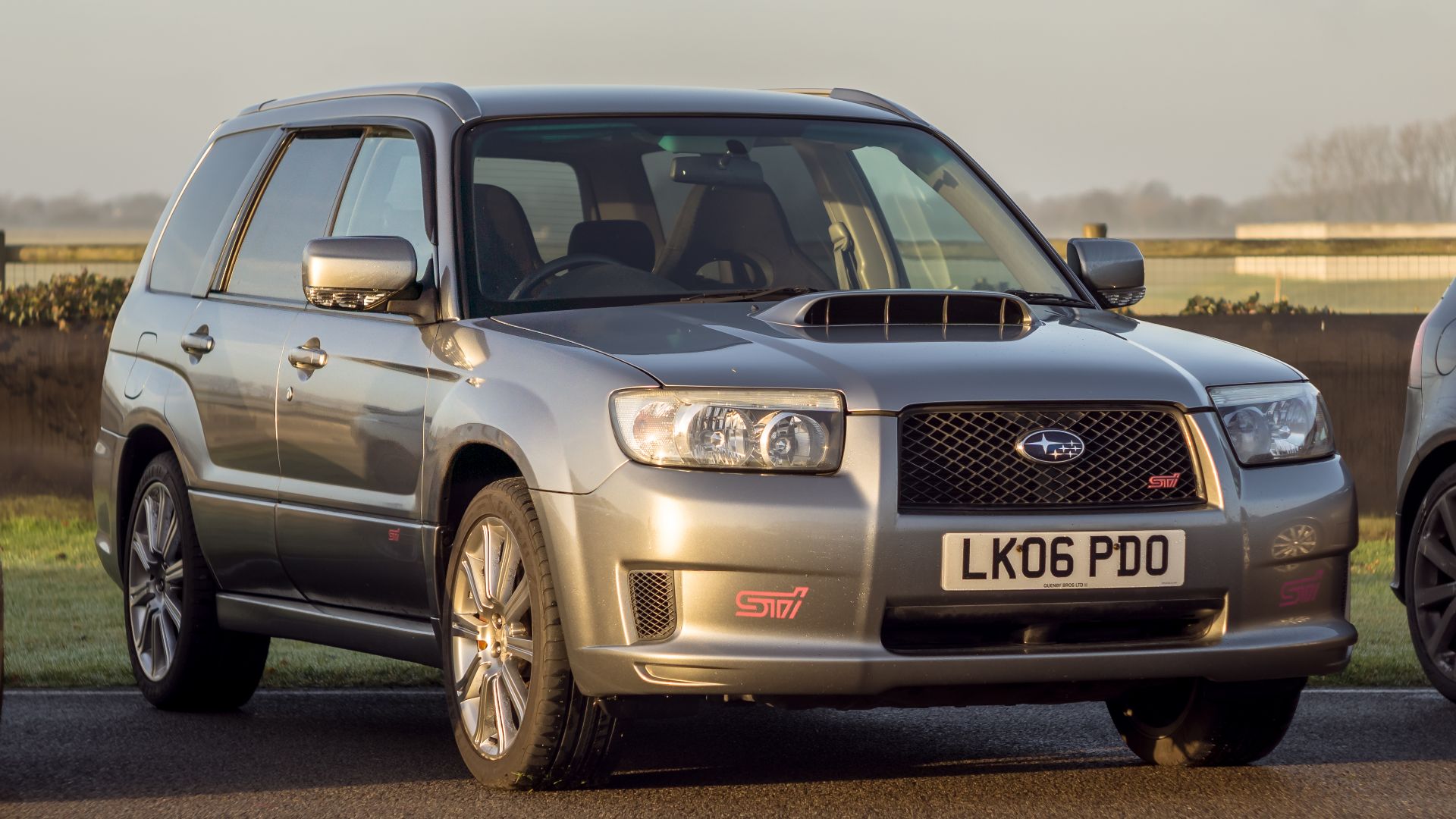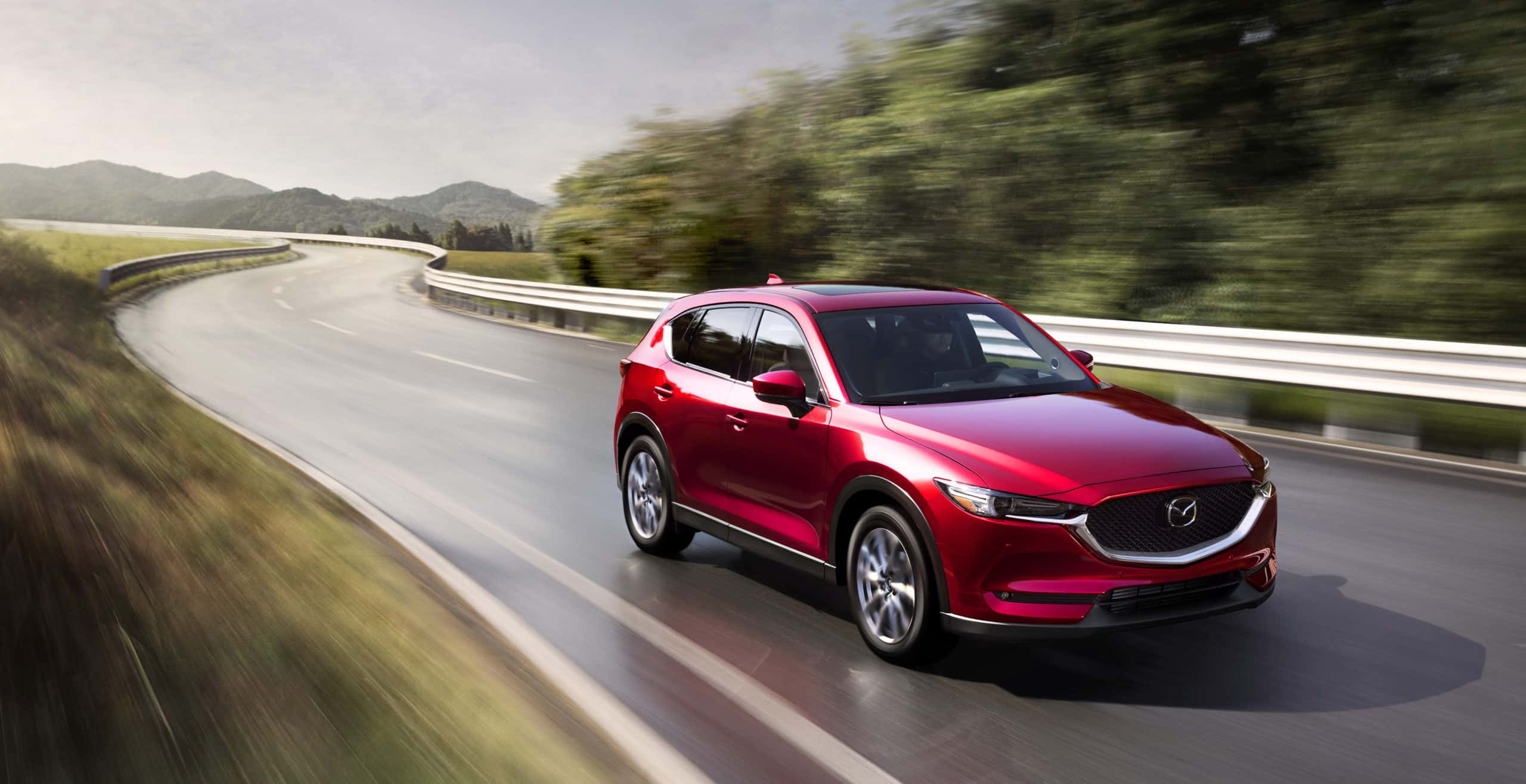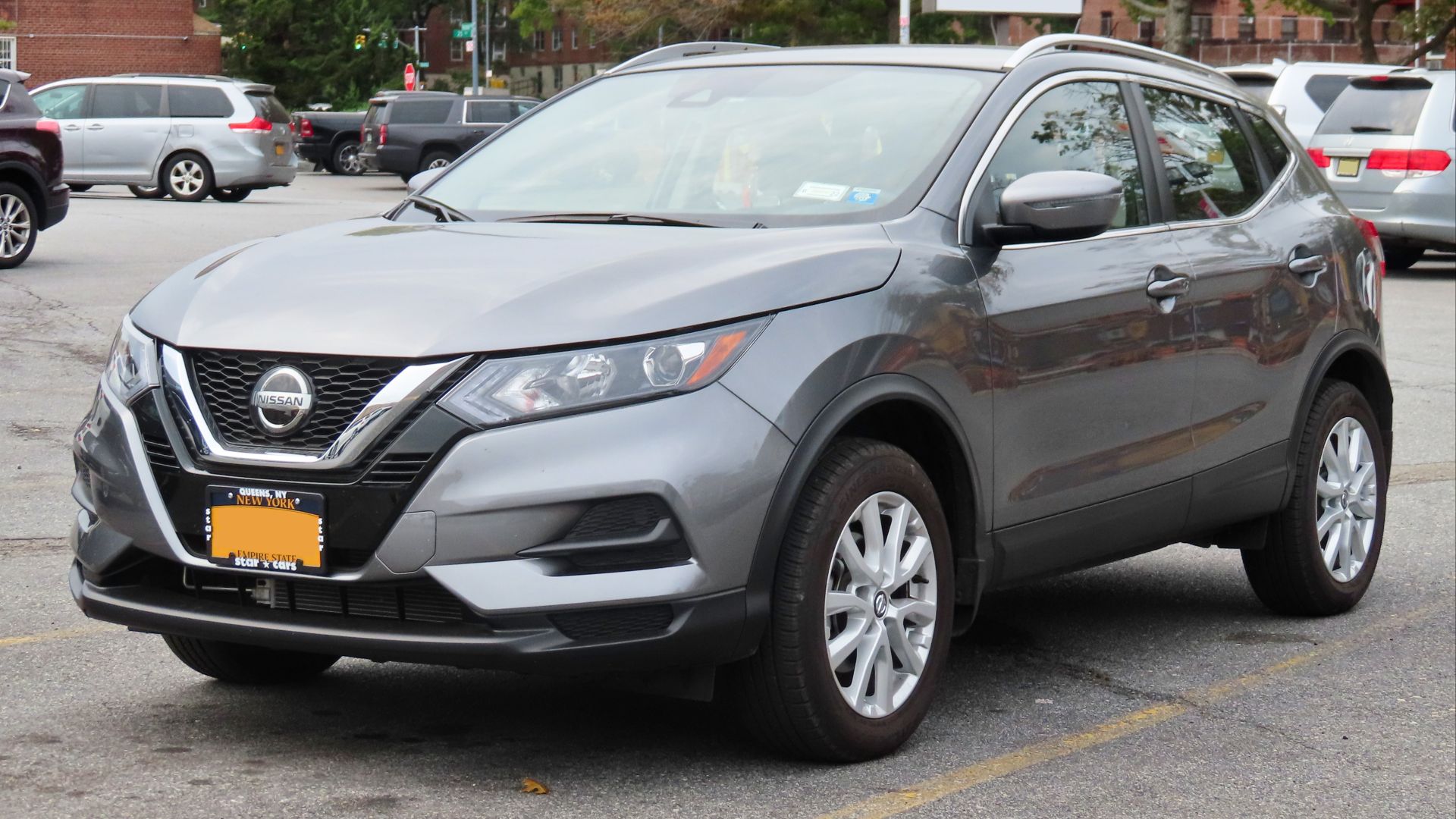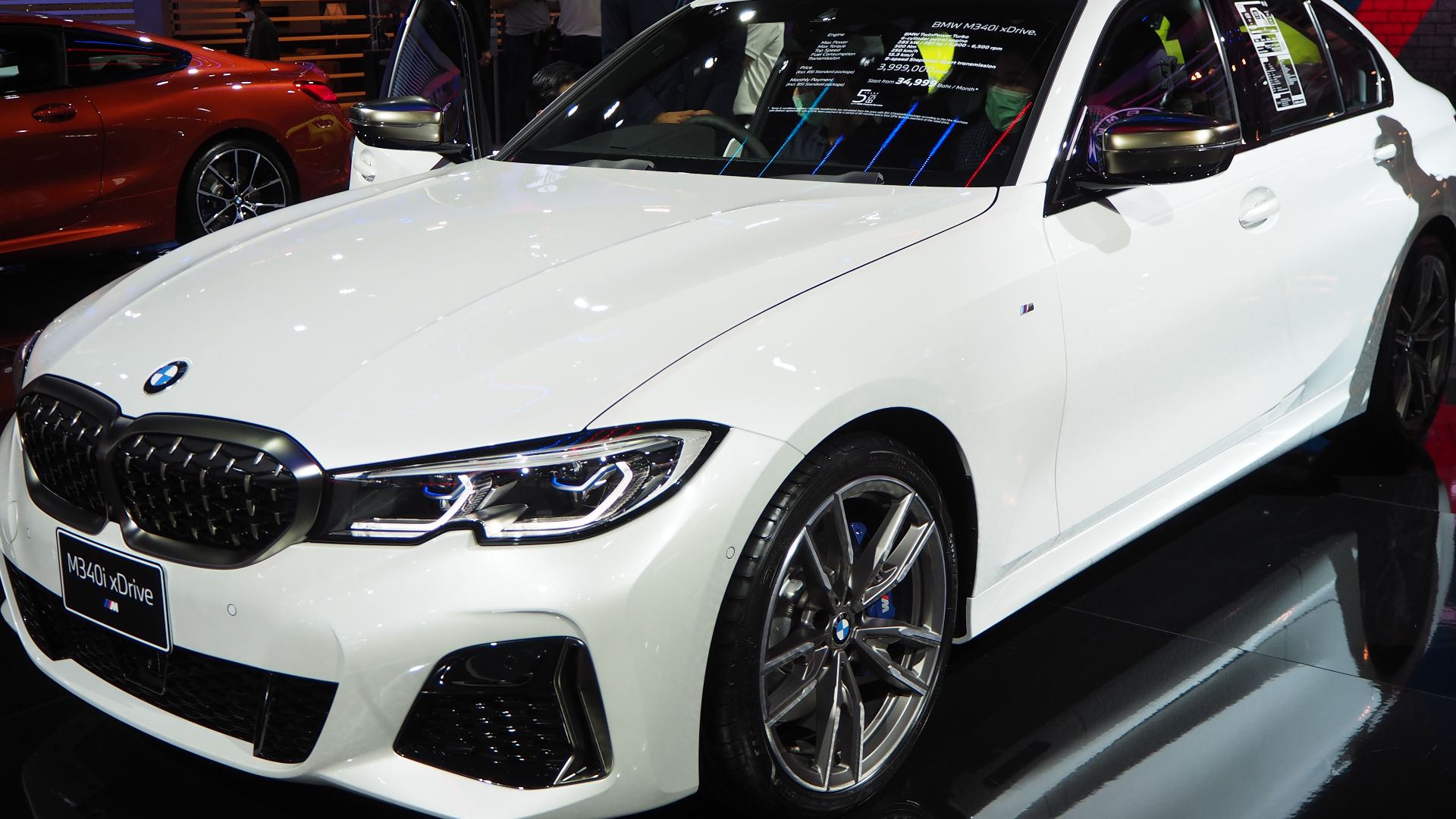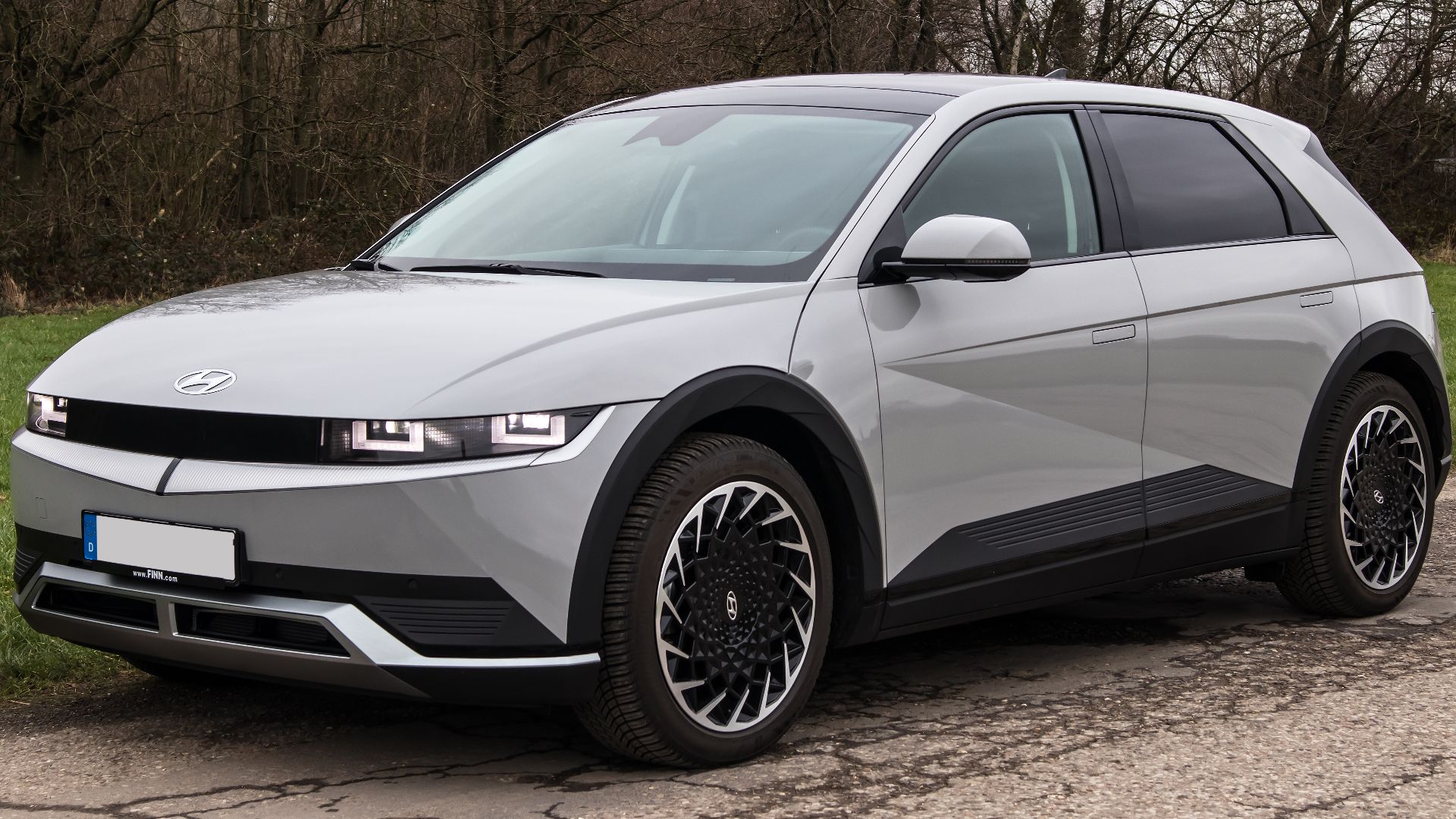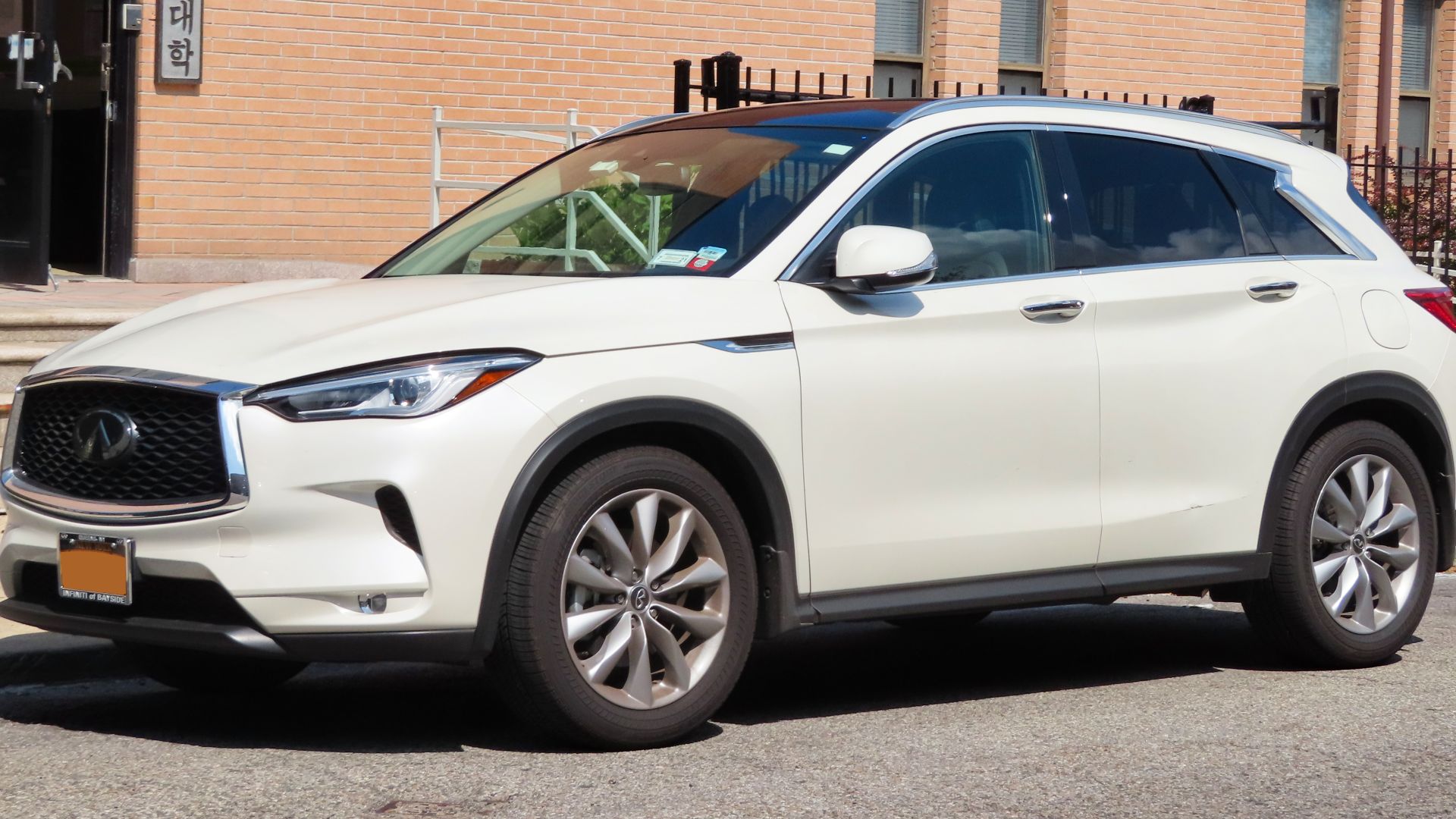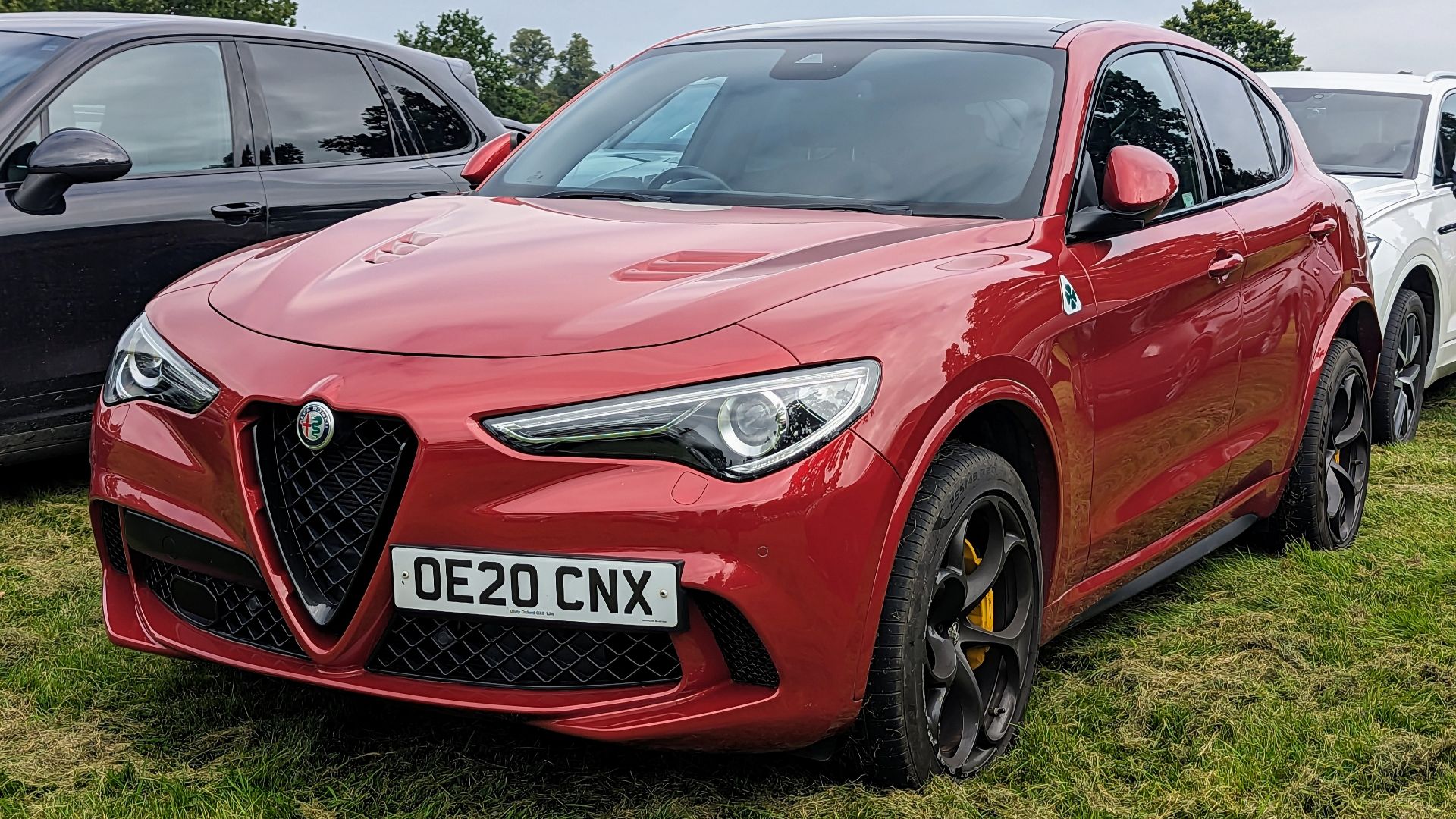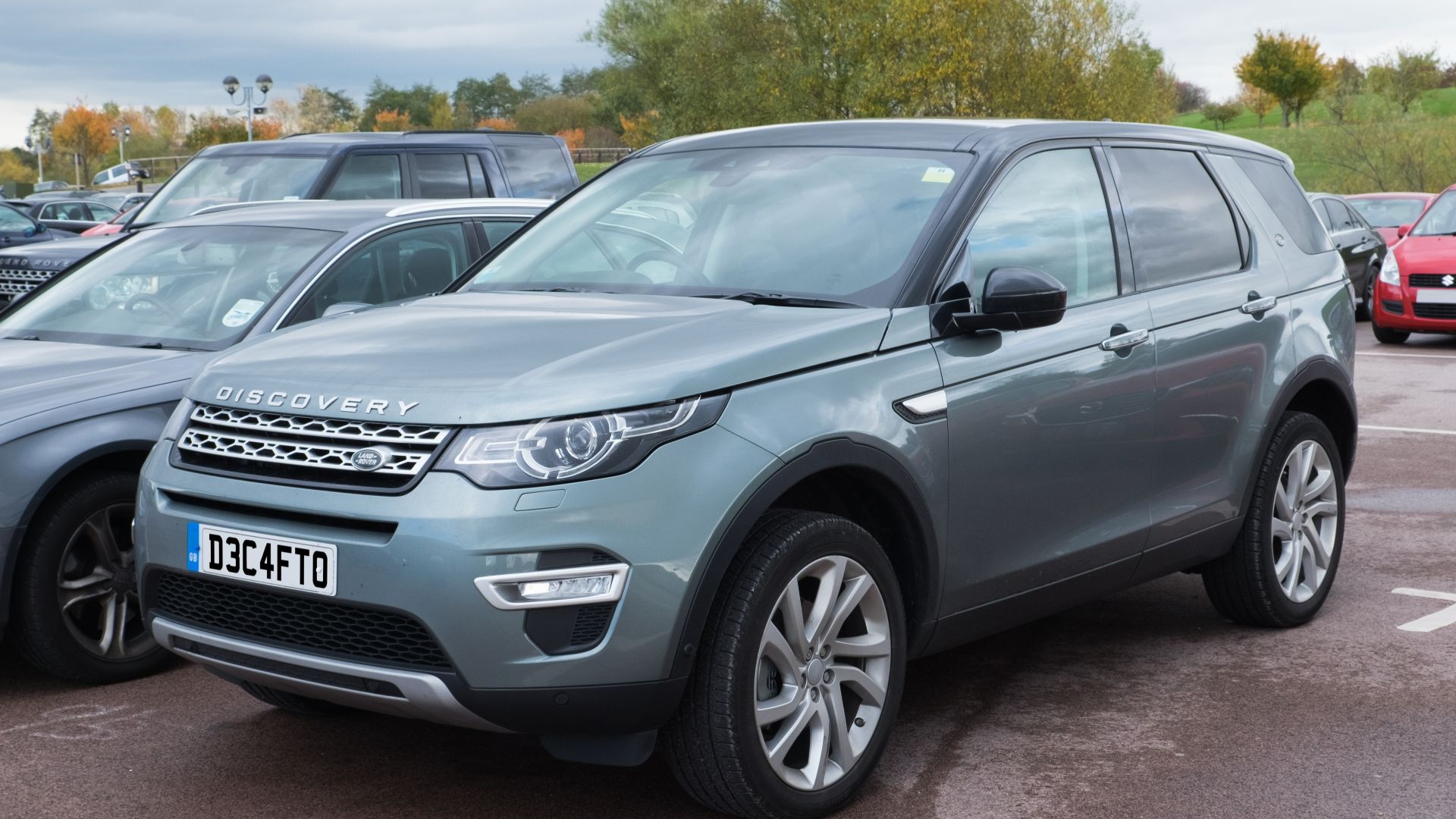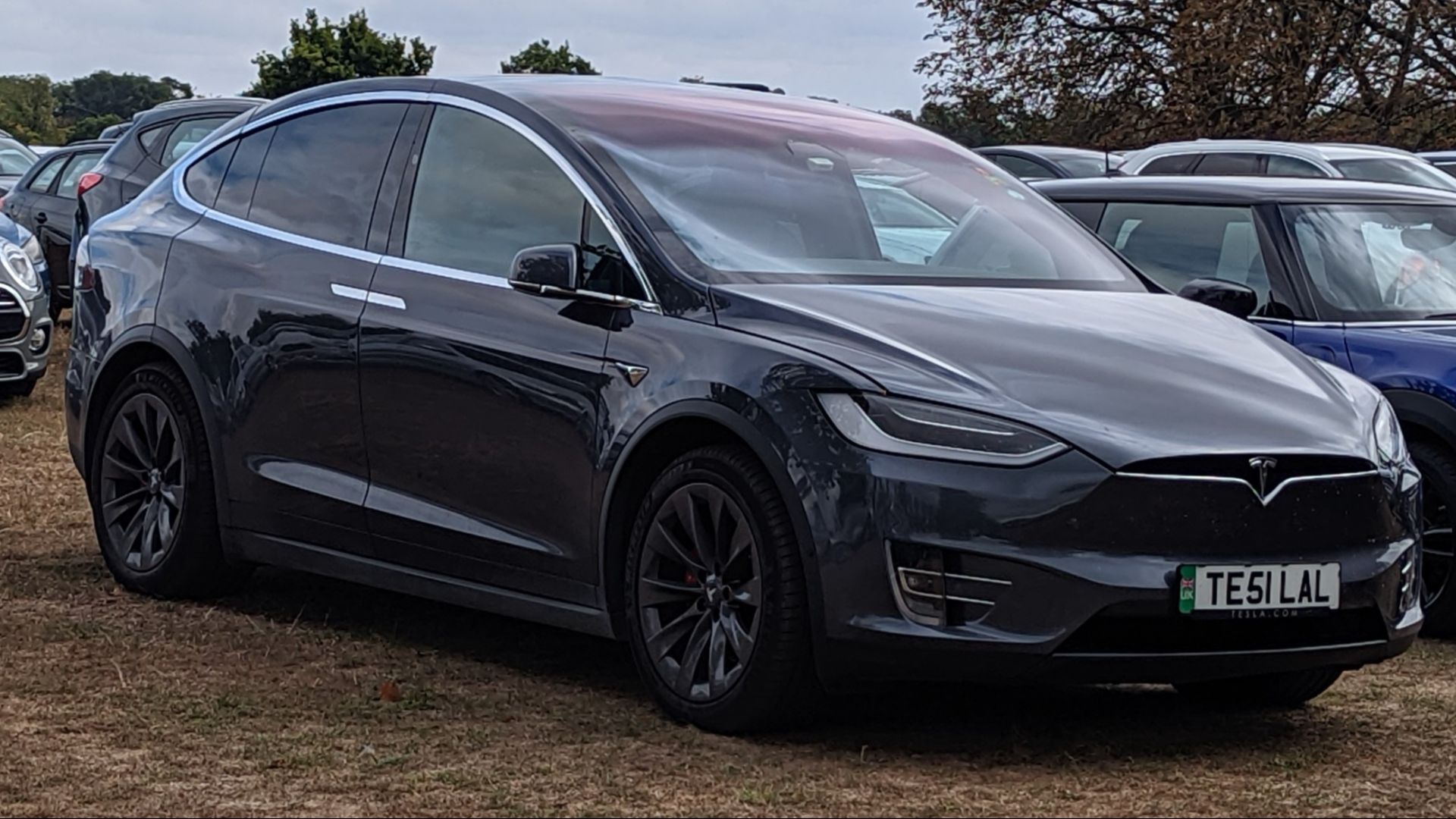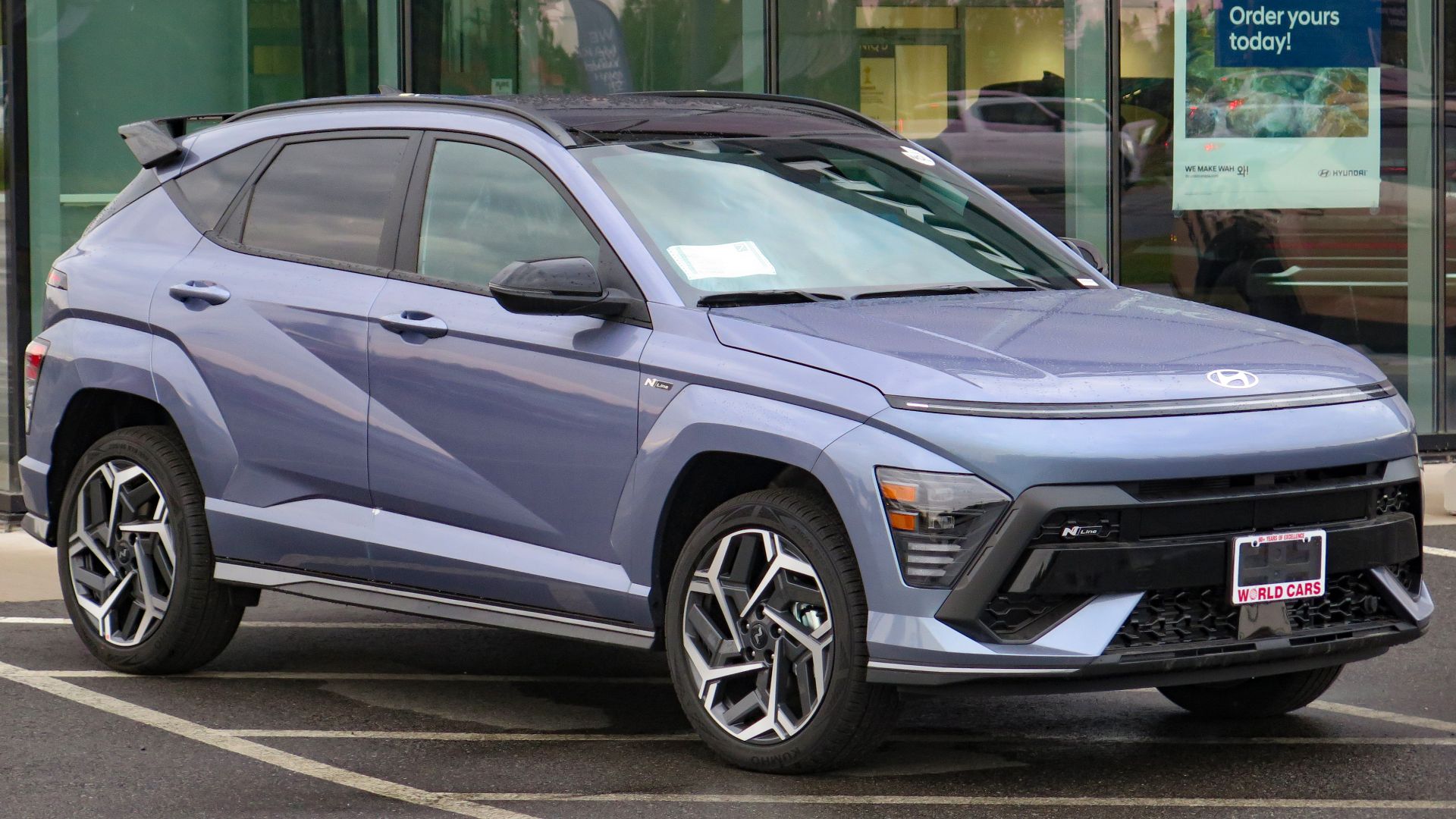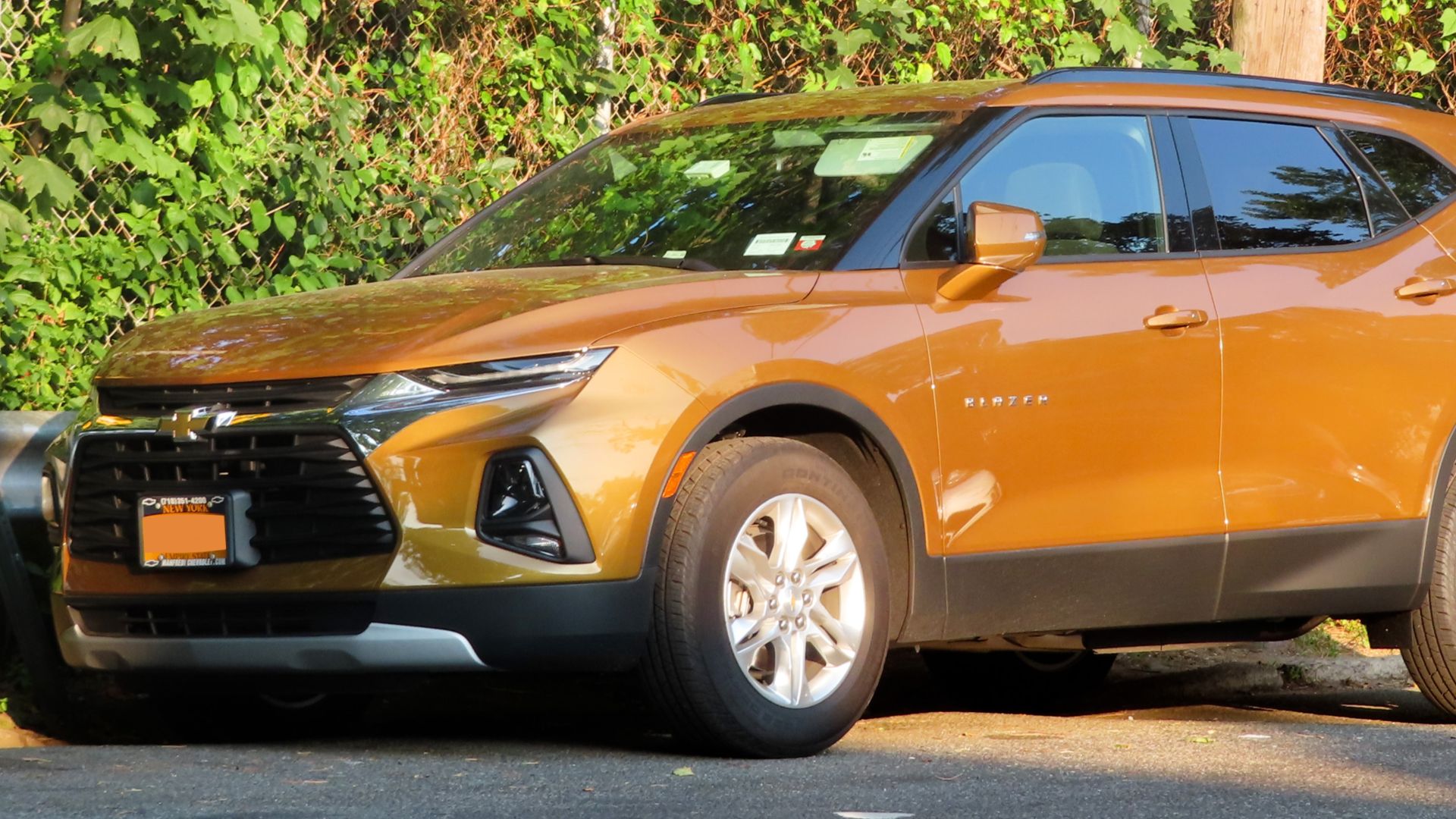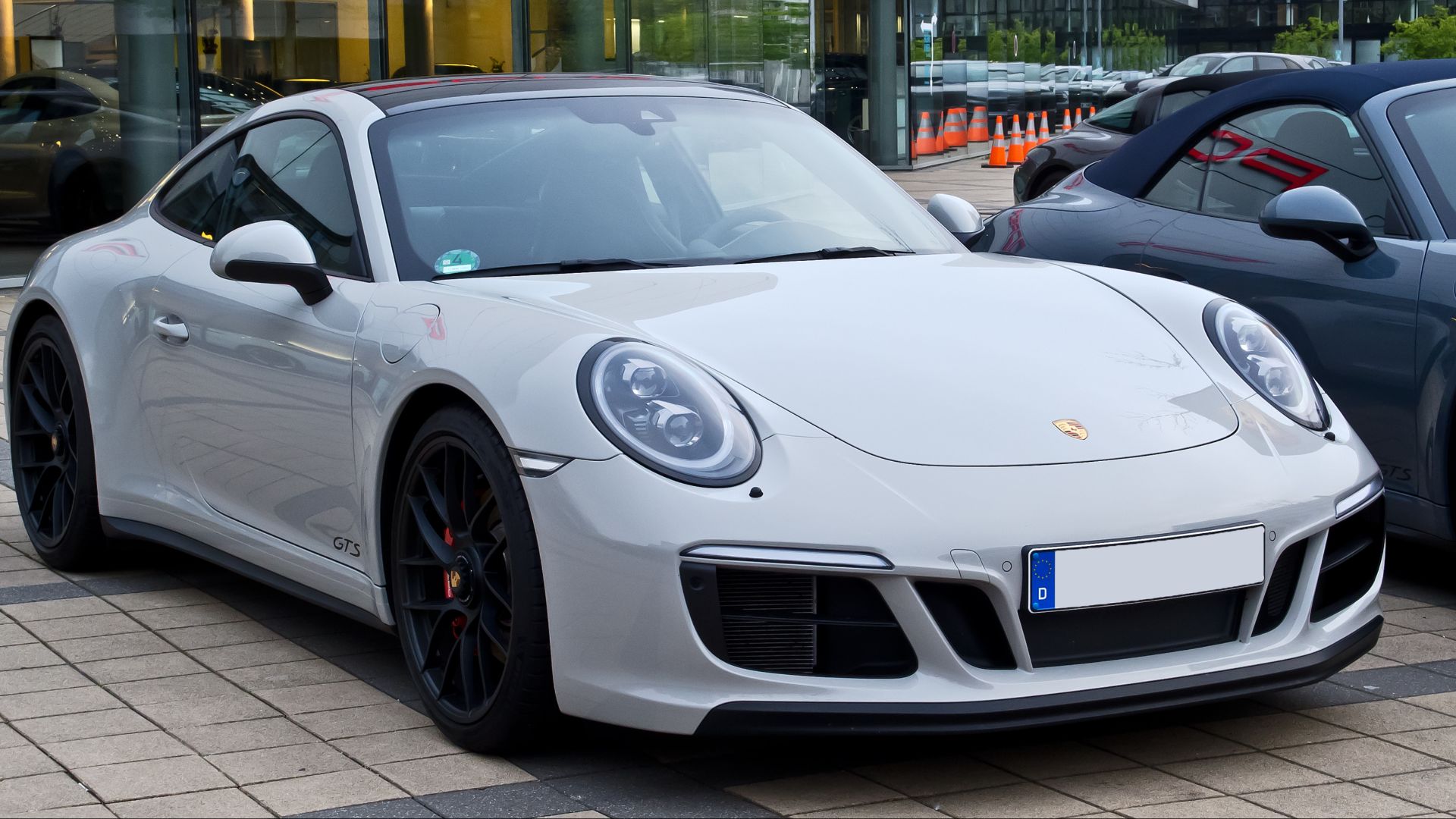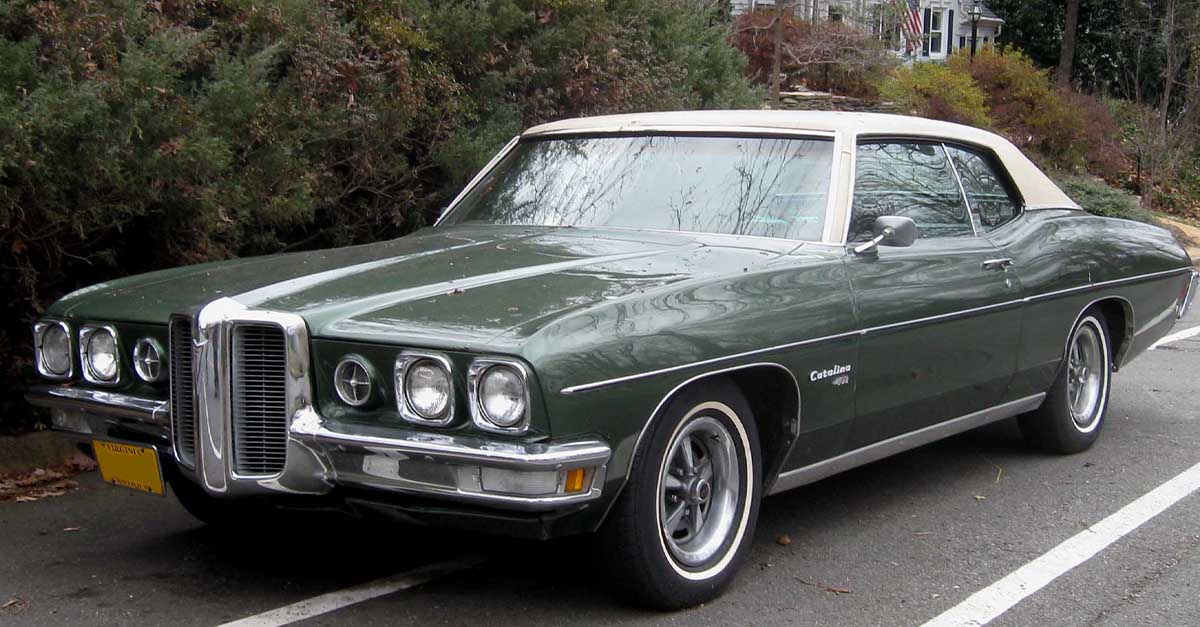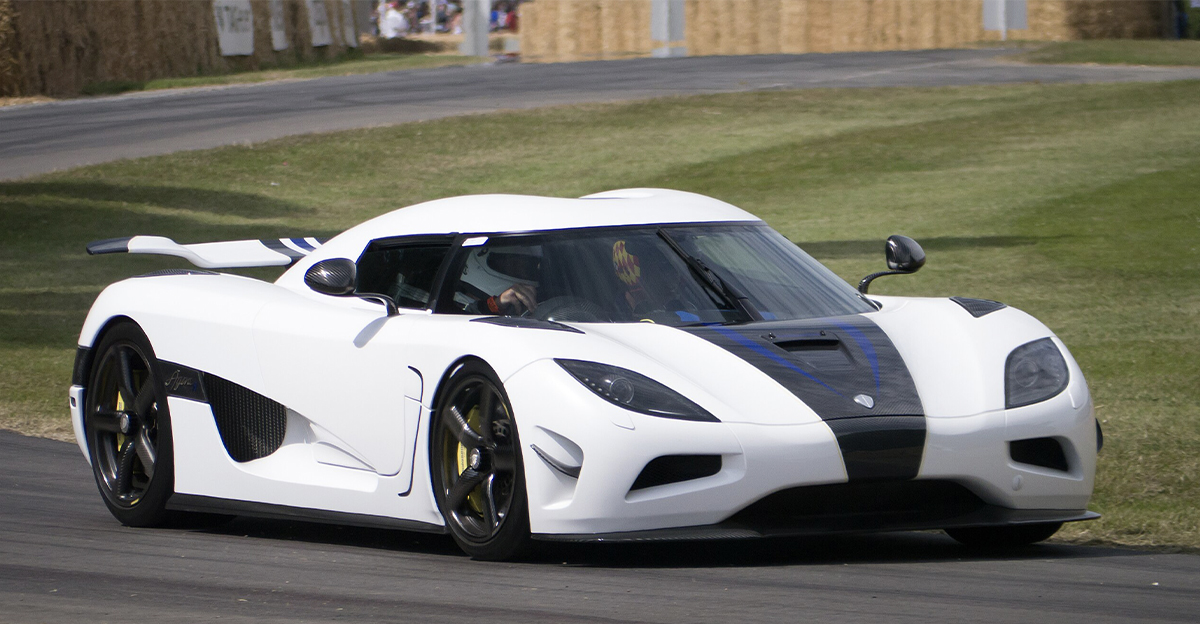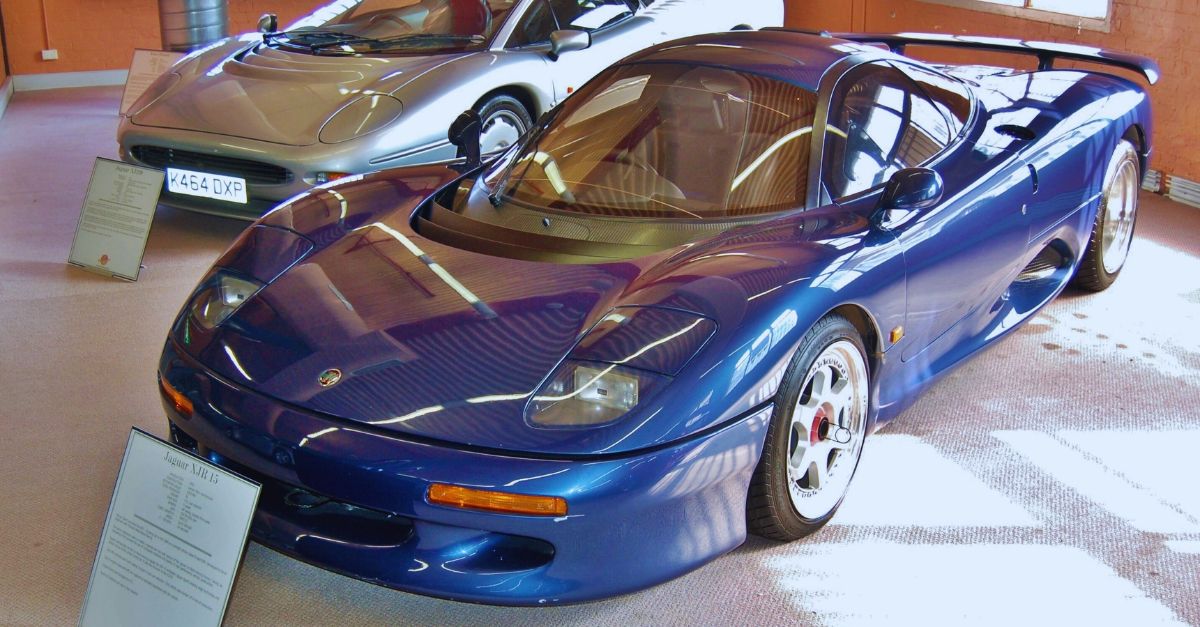Winners And Losers
Not all all-wheel-drive cars are cut from the same mold. Some stand out for reliability or innovation, while others raise eyebrows for all the wrong reasons. So, which one do you pick?

Dodge Journey [Least]
Unreliable transmissions often mark the beginning of the Journey's decline. Its six-speed automatic, used without significant updates since 2009, is prone to slipping and complete failure under 100,000 miles. Weak IIHS crash test scores and poor resale figures further undermine its dependability.
Subaru Forester [Most]
Five-star NHTSA ratings and average repair frequency give the Forester a well-earned reputation. Its Symmetrical AWD system enhances traction by evenly distributing power on slick roads. Cold-climate drivers trust it, especially with a CVT known to last beyond 150,000 miles in many cases, though reliability varies by model year.
Mitsubishi Outlander Sport [Least]
Mechanical aging defines the Outlander Sport. Its aging 2.0-liter MIVEC engine in older models suffered from oil consumption issues, while the CVT regularly fails before 70,000 miles. Electrical gremlins, which range from faulty infotainment to power window failures, compound reliability concerns in this budget compact SUV.
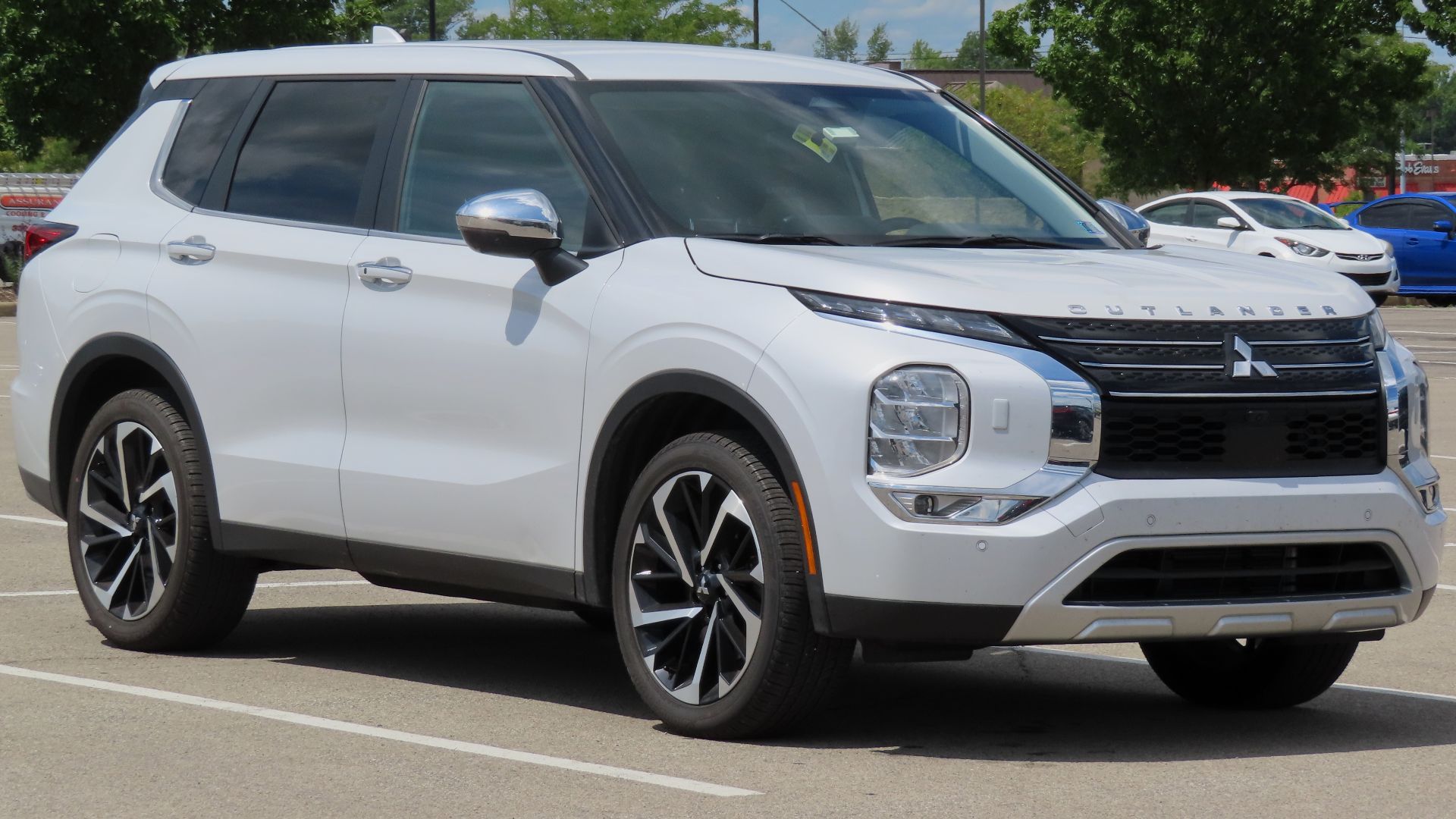 MercurySable99, Wikimedia Commons
MercurySable99, Wikimedia Commons
Audi A4 Quattro [Most]
Confidence in any season defines the A4. Audi’s Quattro system, which has been standard since its 1980s rally roots, delivers exceptional grip. The 2.0-liter turbo engine in newer models has proven powerful beyond 150,000 miles when serviced on schedule. Premium build quality minimizes wear to reinforce long-term reliability.
Chevrolet Trax [Least]
Turbocharger failure, often traced to oil line clogging, hits many Trax models before 80,000 miles. Interior panels may sometimes show wear, though newer models have improved durability. Longevity isn’t its strength, especially when paired with a six-speed transmission known for harsh downshifts.
 Benespit, CC BY-SA 4.0, Wikimedia Commons
Benespit, CC BY-SA 4.0, Wikimedia Commons
Mazda CX-5 [Most]
Mazda's CX-5 is praised for its exceptional build quality and long-term mechanical integrity. The 2.5-liter four-cylinder engine holds up well past 150,000 miles. It's an AWD system that engages predictively, while Consumer Reports ranks it above average in almost every reliability metric year after year.
Nissan Rogue Sport [Least]
Despite its popularity, the Rogue Sport struggles with consistency. The Xtronic CVT is a recurring failure point, often needing replacement before 90,000 miles. Owners also report frequent electrical malfunctions and sensor glitches. Combined with sluggish power delivery, it has long-term reliability issues.
BMW 3 Series xDrive [Most]
This German sports sedan balances athleticism and durability. The B46 turbocharged engine delivers performance and can achieve longevity with regular service, though some model years faced recalls. BMW’s xDrive system smartly shifts power in changing conditions. JD Power and iSeeCars rate it among the most dependable AWD sedans in its class.
Ford EcoSport [Least]
EcoSport's AWD variant has raised concerns about its weak rear differential and excessive drivetrain vibration. The 1.0-liter EcoBoost engine, while efficient, often struggles under load and suffers from turbo lag. Frequent complaints about engine stalling and transmission hesitation further cloud its reliability record.
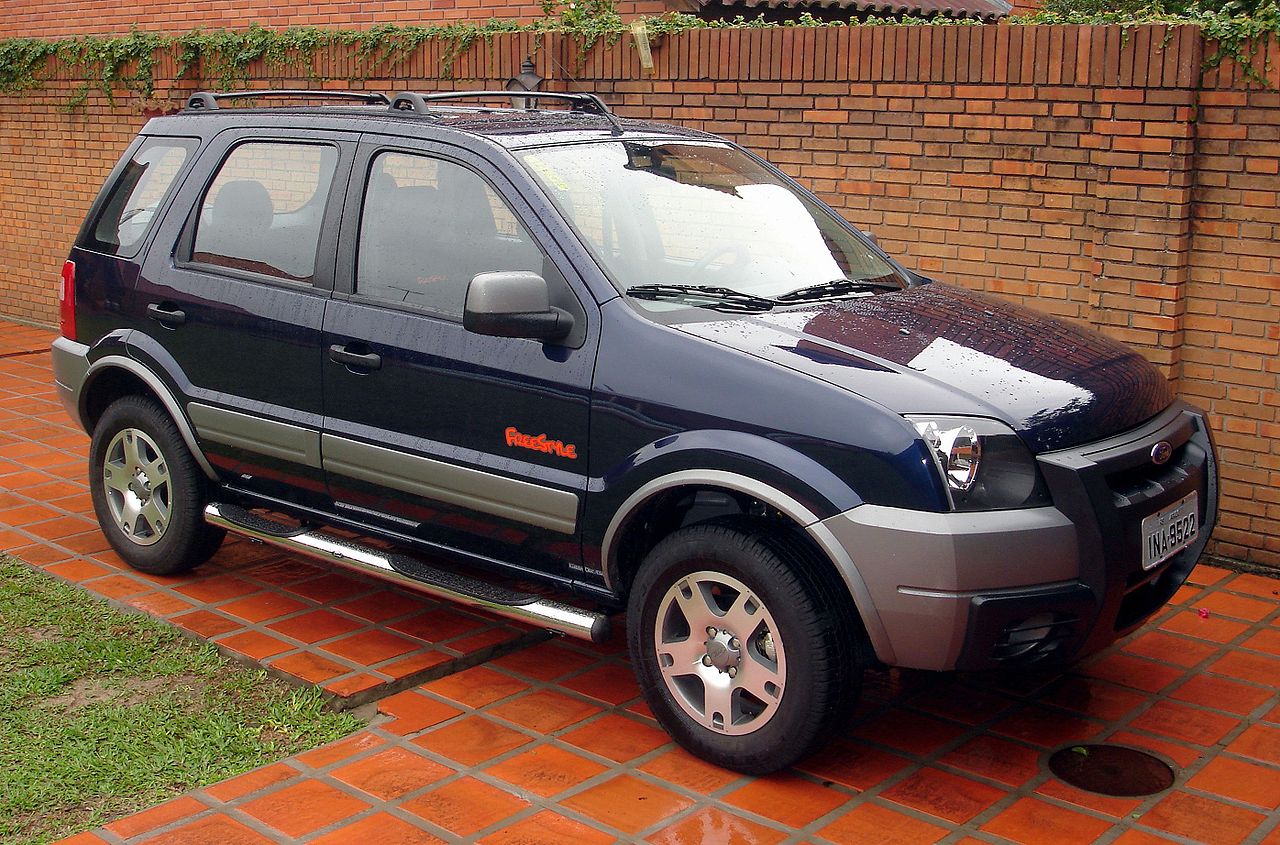 Fernando S. Aldado, CC BY-SA 3.0, Wikimedia Commons
Fernando S. Aldado, CC BY-SA 3.0, Wikimedia Commons
Toyota RAV4 Hybrid AWD [Most]
Toyota's hybrid AWD system uses a dedicated rear electric motor for traction without a driveshaft to reduce mechanical wear. The RAV4 Hybrid is known to exceed 200,000 miles with minimal powertrain issues. High fuel economy and class-leading reliability scores set it apart in its segment.
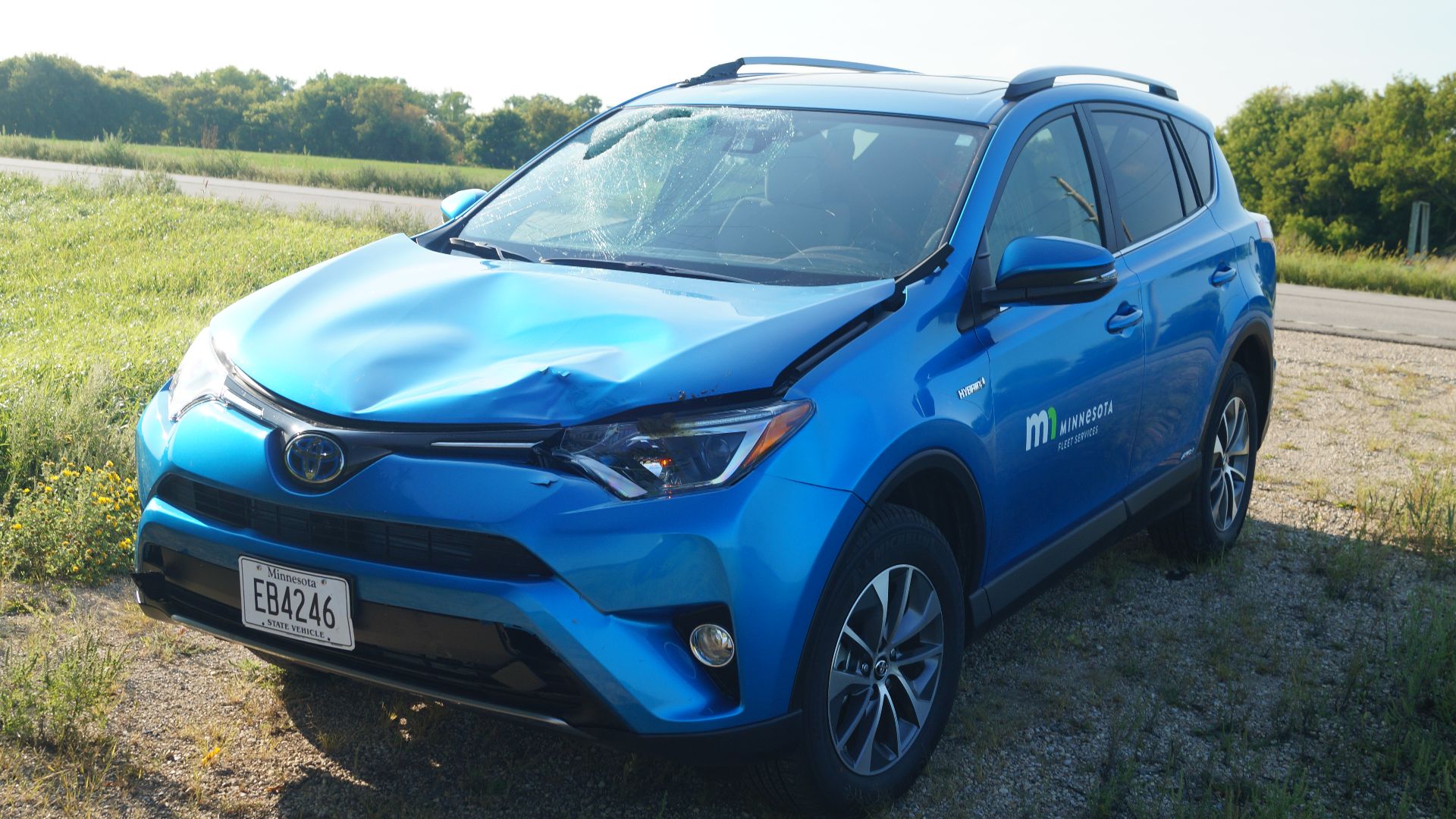 Greg Gjerdingen from Willmar, USA, Wikimedia Commons
Greg Gjerdingen from Willmar, USA, Wikimedia Commons
Volkswagen Atlas Cross Sport [Least]
Many Atlas Cross Sport units have experienced premature water pump failures and misfires before reaching 60,000 miles. Its reliability scores consistently lag behind those of midsize SUV competitors. While the AWD system is technically sound, it lacks the finesse in tuning that buyers expect.
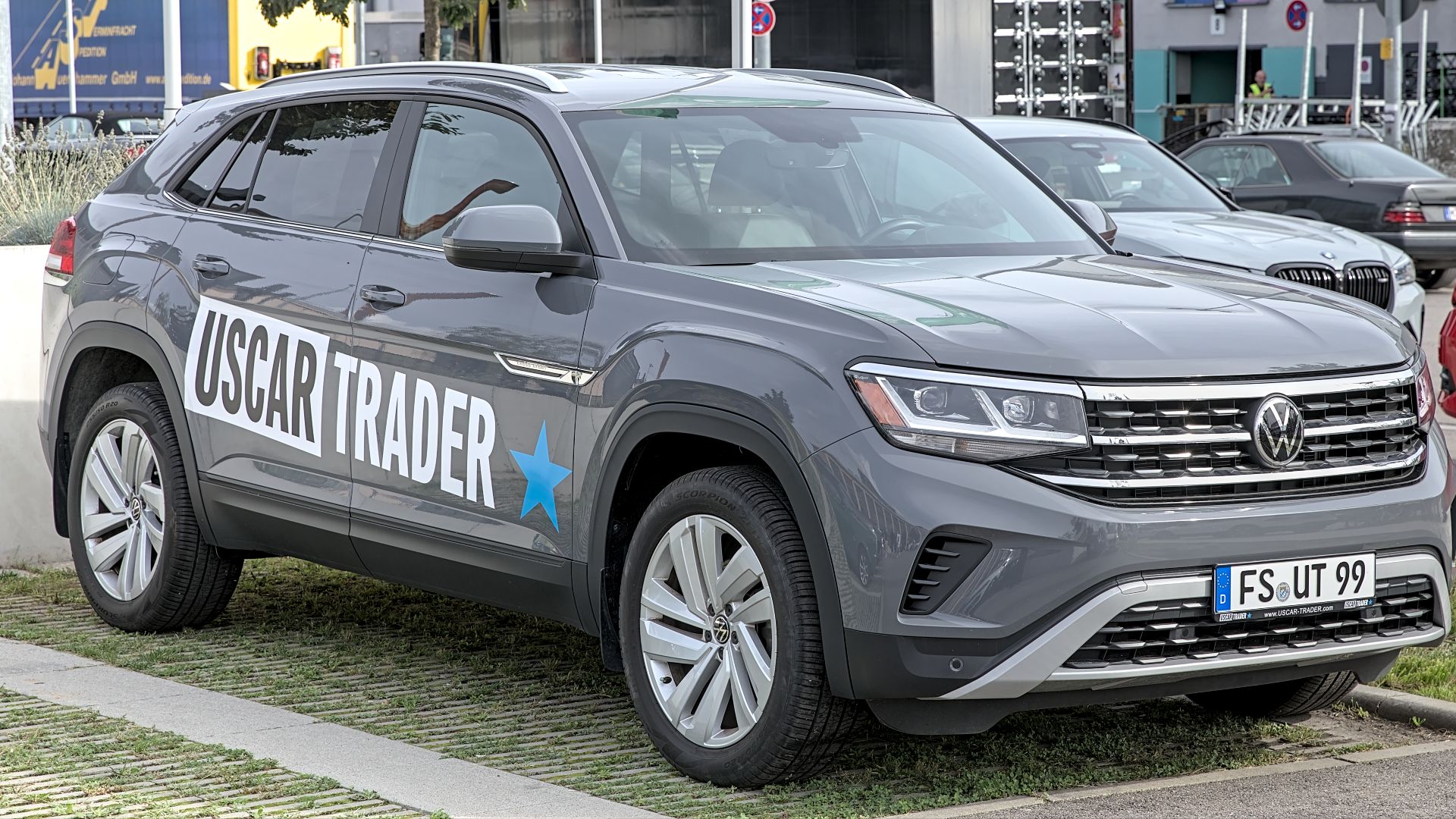 Alexander-93, Wikimedia Commons
Alexander-93, Wikimedia Commons
Hyundai Ioniq 5 AWD [Most]
Few electric crossovers match the Ioniq 5’s combination of control and promising reliability, though long-term drivetrain data is still emerging. Its dual-motor AWD setup delivers smooth torque without added mechanical strain, and safety ratings plus owner reviews position it as a segment leader.
Buick Encore GX [Least]
Despite a premium badge, the Encore GX struggles with subpar transmission calibration. Owners report jerky shifts and hesitation under moderate acceleration. The 1.3-liter turbo engine has shown early turbo wastegate issues. Combined with flimsy cabin materials, it falls short in long-term dependability.
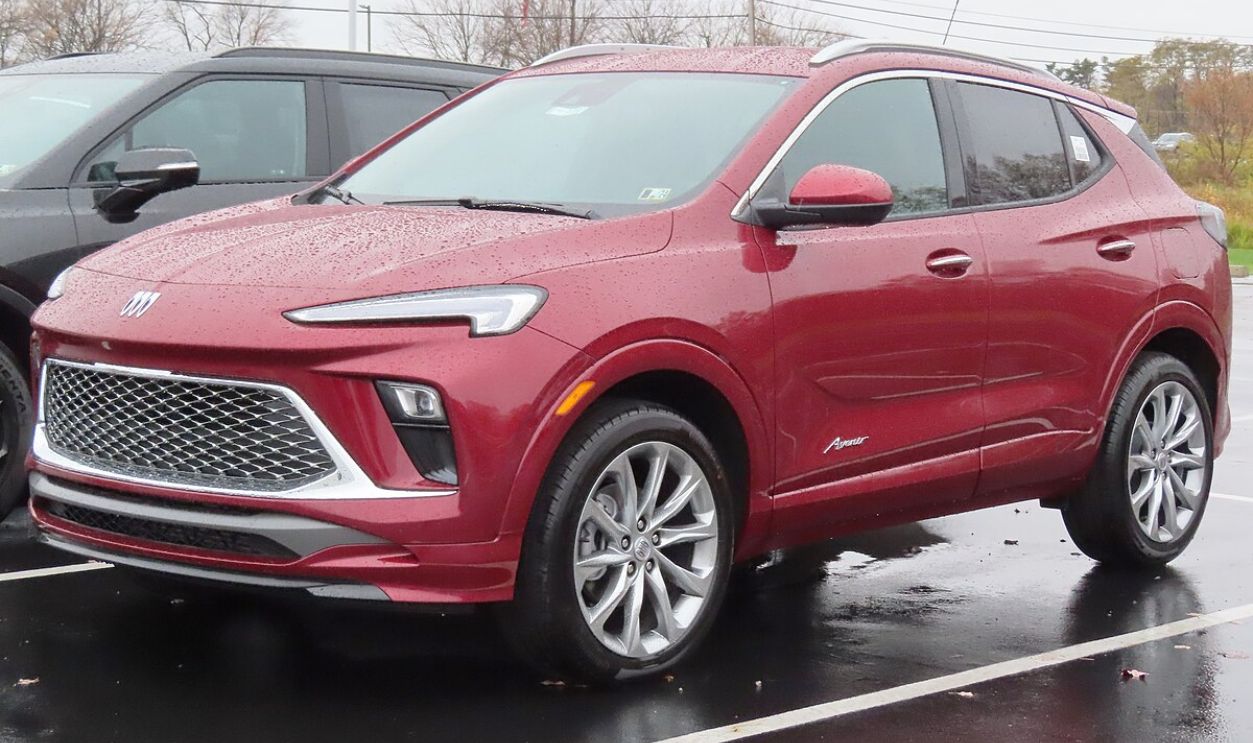 MercurySable99, CC BY-SA 4.0, Wikimedia Commons
MercurySable99, CC BY-SA 4.0, Wikimedia Commons
Genesis GV70 AWD [Most]
Genesis delivers luxury with resilience in the GV70. It has a 2.5-liter turbo engine and an advanced AWD layout that handles varying terrain without known chronic faults. High marks from JD Power and a class-leading warranty support its reputation as a top-tier, reliable, compact luxury SUV.
 Damian B Oh, CC BY-SA 4.0, Wikimedia Commons
Damian B Oh, CC BY-SA 4.0, Wikimedia Commons
Jeep Compass [Least]
AWD components on the Compass often draw complaints about grinding noises and delayed response during low-speed turns. The 2.4-liter Tigershark engine is equally problematic, with recurring reports of stalling and excessive oil use. These issues consistently undercut its reliability in AWD configurations.
 White Jeep Compass, Adobe Stock
White Jeep Compass, Adobe Stock
Porsche Macan AWD [Most]
Porsche's AWD system, which combines active torque vectoring and Porsche Traction Management, sharpens grip in tight corners. The Macan's 2.0- and 2.9-liter engines have a record of lasting well beyond 150,000 miles. It blends SUV practicality with the agility expected of a performance brand.
 2021 Porsche Macan AWD: Volcano Grey Metallic (Walk Around) by Gaudin Porsche Las Vegas
2021 Porsche Macan AWD: Volcano Grey Metallic (Walk Around) by Gaudin Porsche Las Vegas
Infiniti QX50 [Least]
The QX50's Variable Compression Turbo engine was innovative but has struggled in execution. Owners report premature engine knocking and transmission hesitation. The AWD system suffers from inconsistent engagement in slippery conditions. Reliability ratings have consistently trailed other luxury crossovers, particularly in drivetrain and electrical categories.
Tesla Model Y AWD [Most]
Early production quirks, like panel misalignment, have faded into the background for Model Y owners. The dual-motor AWD system delivers torque with precision and consistency. Its battery and motors often surpass 150,000 miles, aided by fewer mechanical parts that reduce long-term maintenance risk.
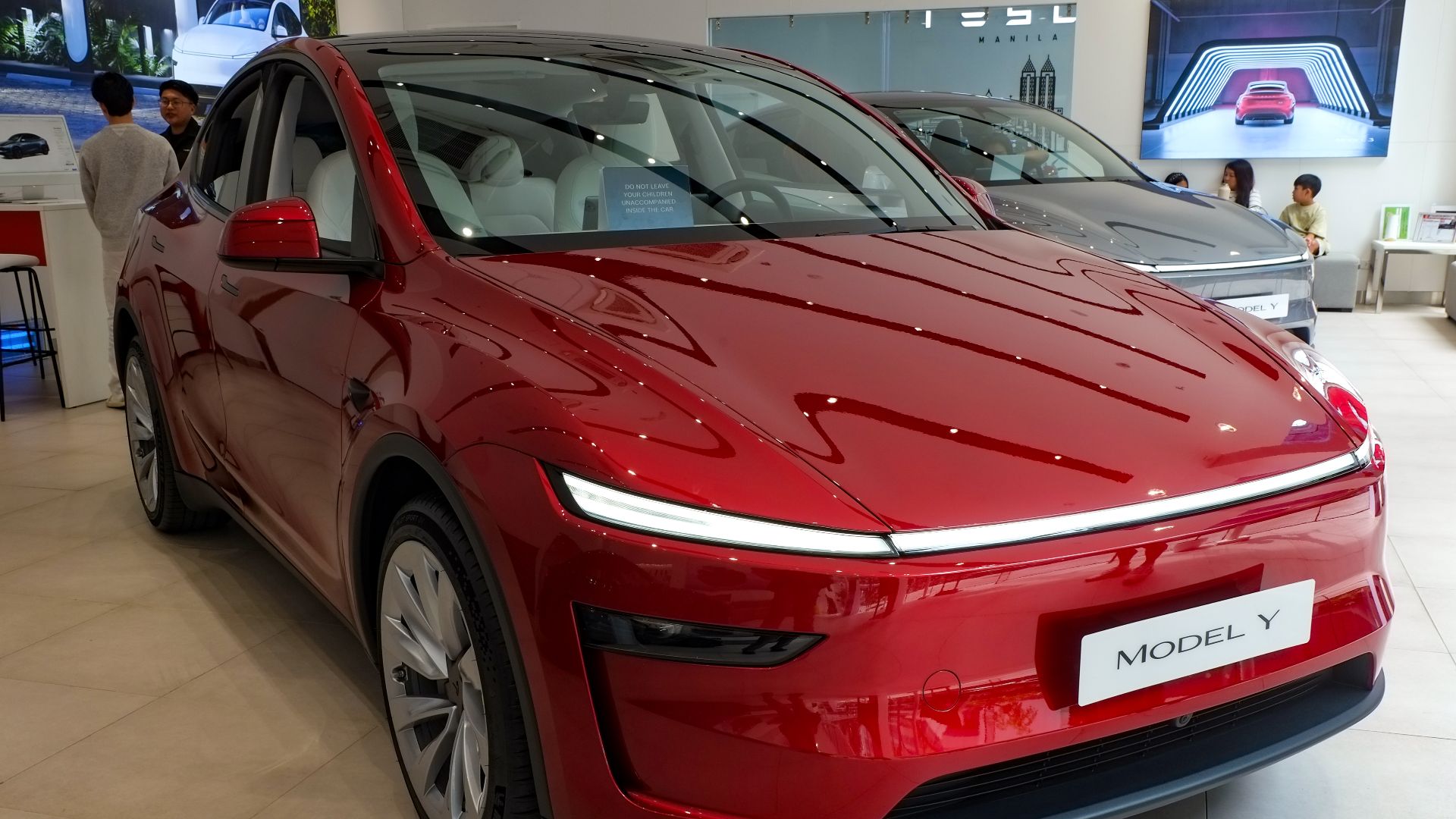 Ethan Llamas, Wikimedia Commons
Ethan Llamas, Wikimedia Commons
Jaguar E-PACE [Least]
Transmission shuddering during low-speed acceleration continues to trouble AWD variants of the E-PACE. Owners also report high warranty claims tied to drivetrain components. Electrical issues and premature suspension wear only add to the frustration. As a result, long-term reliability ratings stuck well below segment expectations.
 Johannes Maximilian, Wikimedia Commons
Johannes Maximilian, Wikimedia Commons
Honda CR-V AWD [Most]
Criticism once followed the CR-V's 1.5-liter turbo engine for fuel dilution, but design revisions have since improved long-term performance. Honda's Real Time AWD system engages under slip without hesitation. Its proven reliability past 150,000 miles makes it a top choice in unpredictable weather.
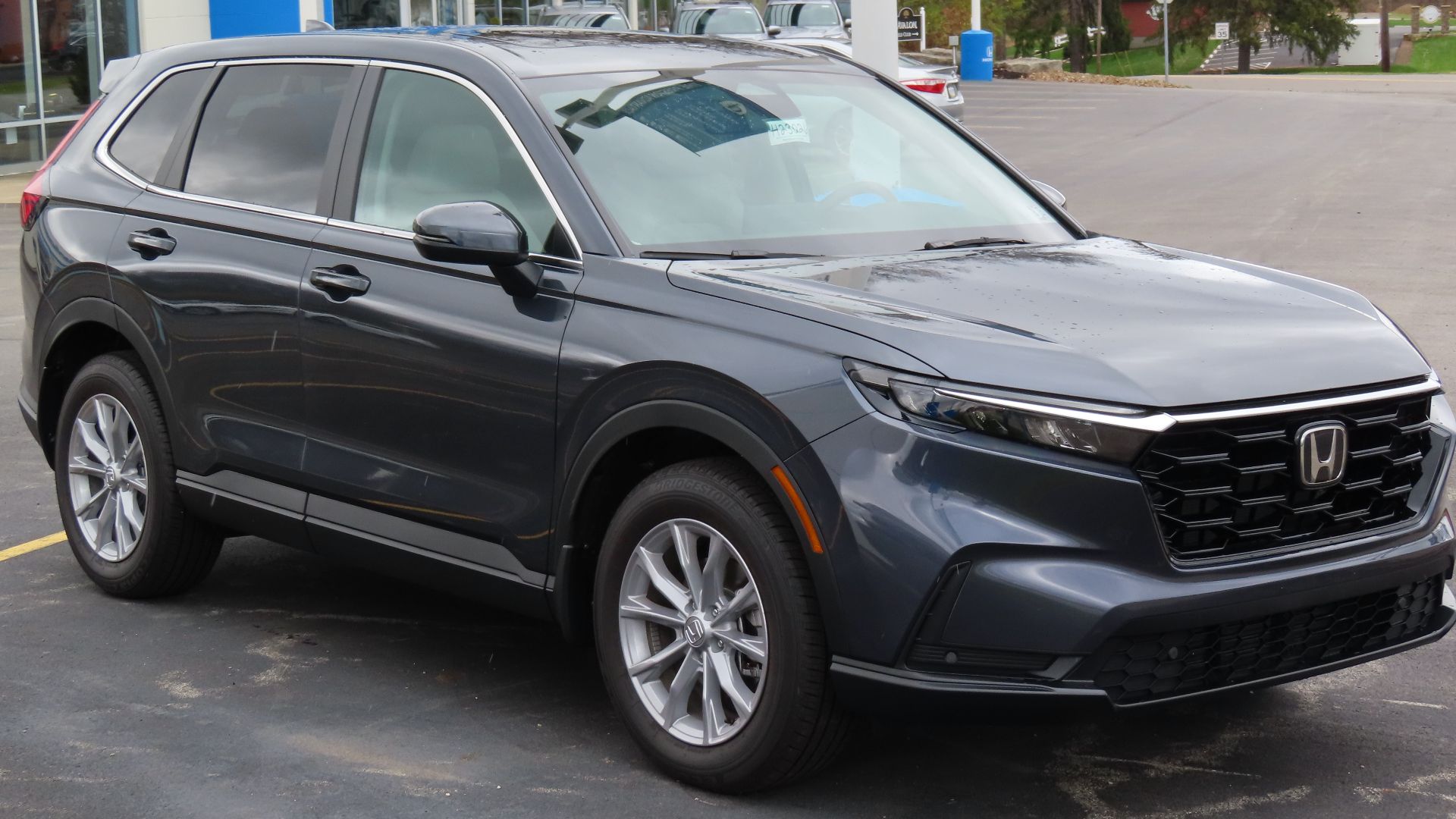 MercurySable99, Wikimedia Commons
MercurySable99, Wikimedia Commons
Chrysler Pacifica AWD [Least]
Dead infotainment screens and transmission flare-ups make AWD Pacificas a risky bet. The nine-speed automatic feels clumsy and often demands frequent software flashes to smooth shifts. Owners report jerky downshifts and hard engagement issues that persist across multiple model years and trim levels.
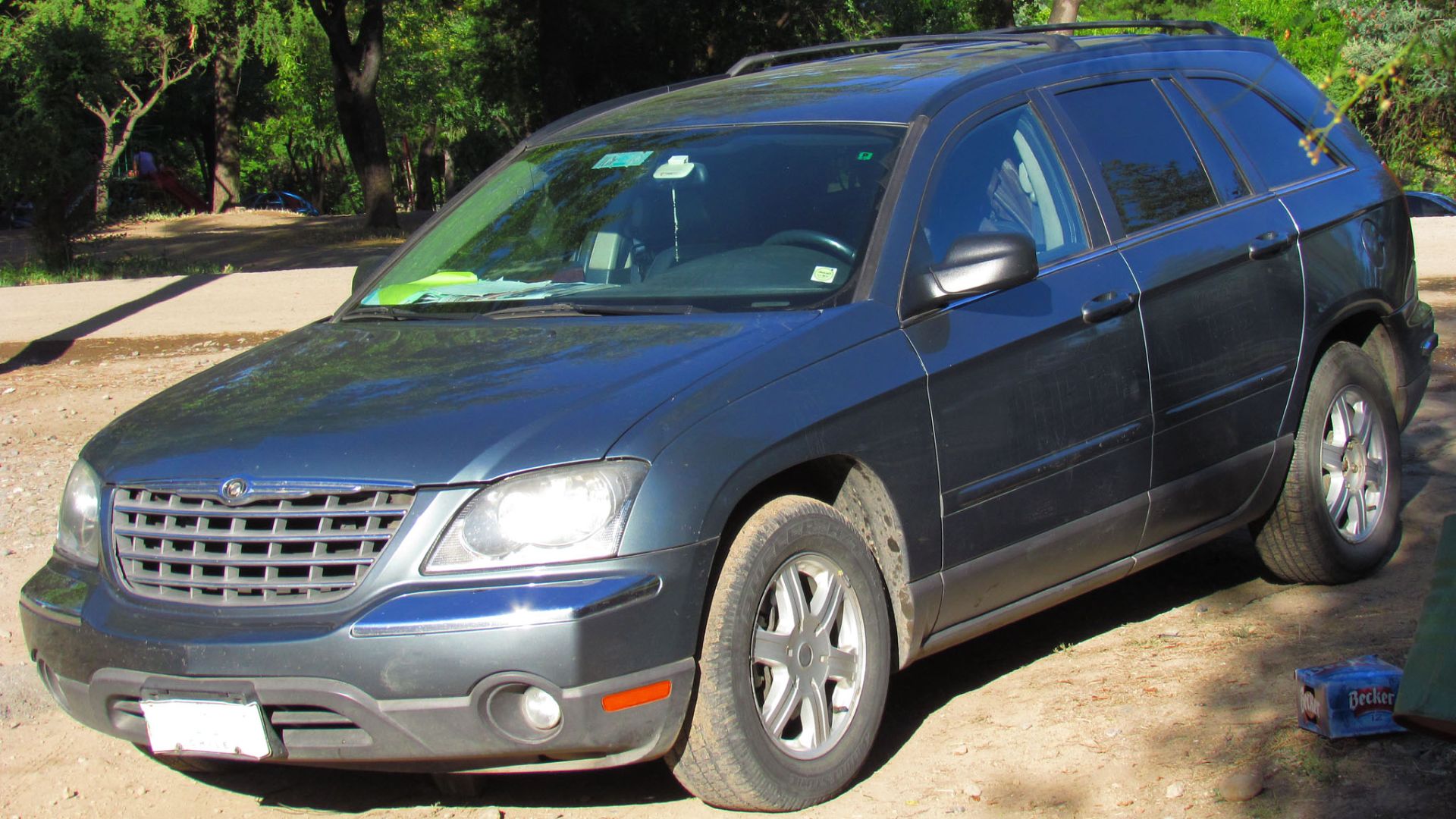 order_242 from Chile, Wikimedia Commons
order_242 from Chile, Wikimedia Commons
Mercedes-Benz E-Class 4MATIC [Most]
The E-Class rarely overpromises. Its 4MATIC system channels power with quiet precision and adapts fluidly to wet or icy roads. Engines like the inline-six have logged 200,000-mile runs with routine care. Balanced and most certainly built to last, this sedan defines AWD confidence in the luxury tier.
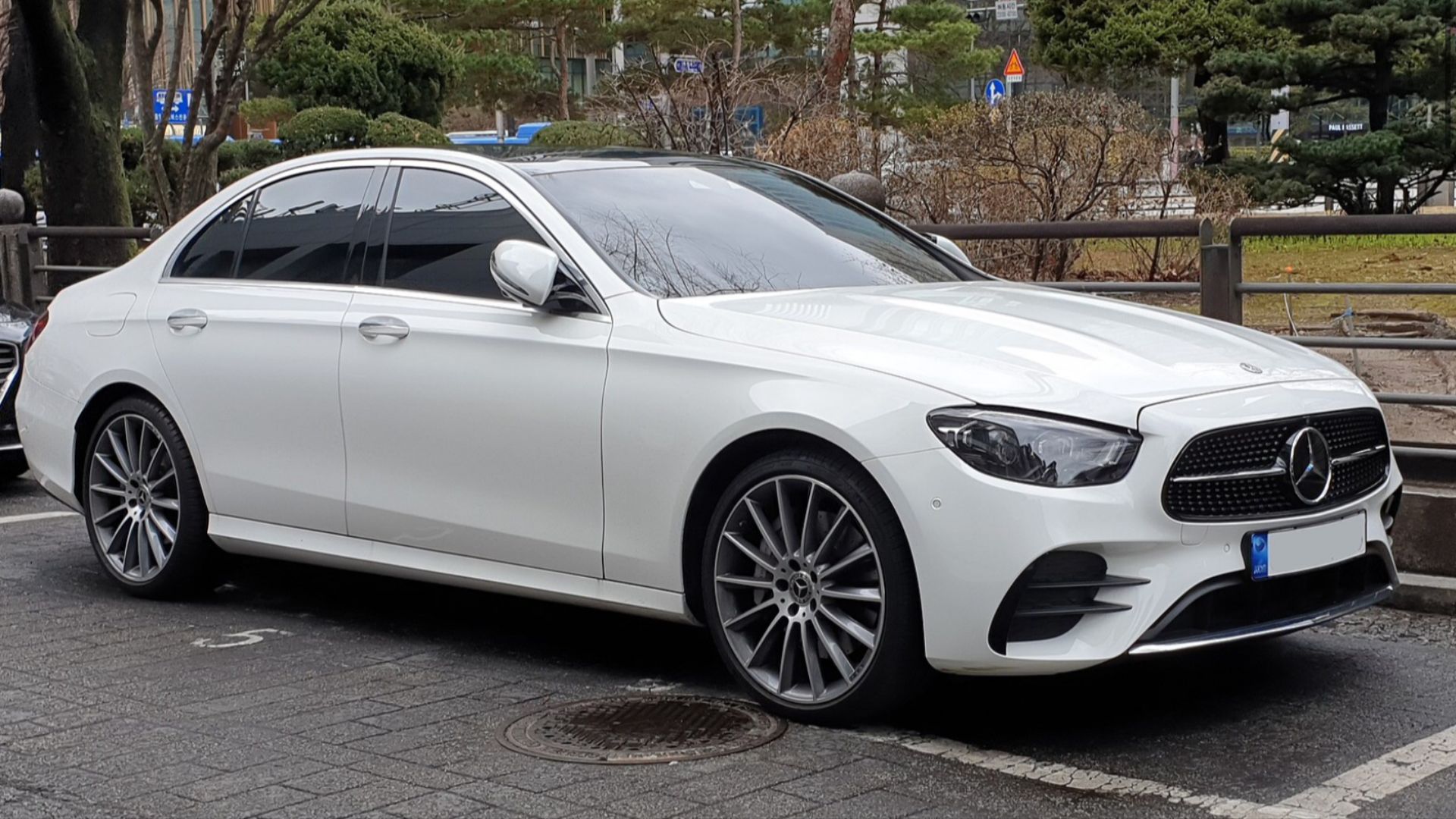 User:Damian B Oh, Wikimedia Commons
User:Damian B Oh, Wikimedia Commons
Alfa Romeo Stelvio AWD [Least]
Aesthetics can't mask Stelvio's persistent problems. Drivers cite unexpected warning lights and stiff gear changes from its ZF-sourced automatic. AWD tuning impresses early, but drivetrain hiccups, like electronic faults and battery drain, recur often enough to drag reliability scores down sharply.
Kia Telluride AWD [Most]
The Telluride doesn't just look the part; it holds up. Kia's 3.8-liter V6 has proven durable over time, and the AWD system brings torque vectoring into everyday usability. With low repair frequency and consistent praise across owner reviews, it remains a segment standout.
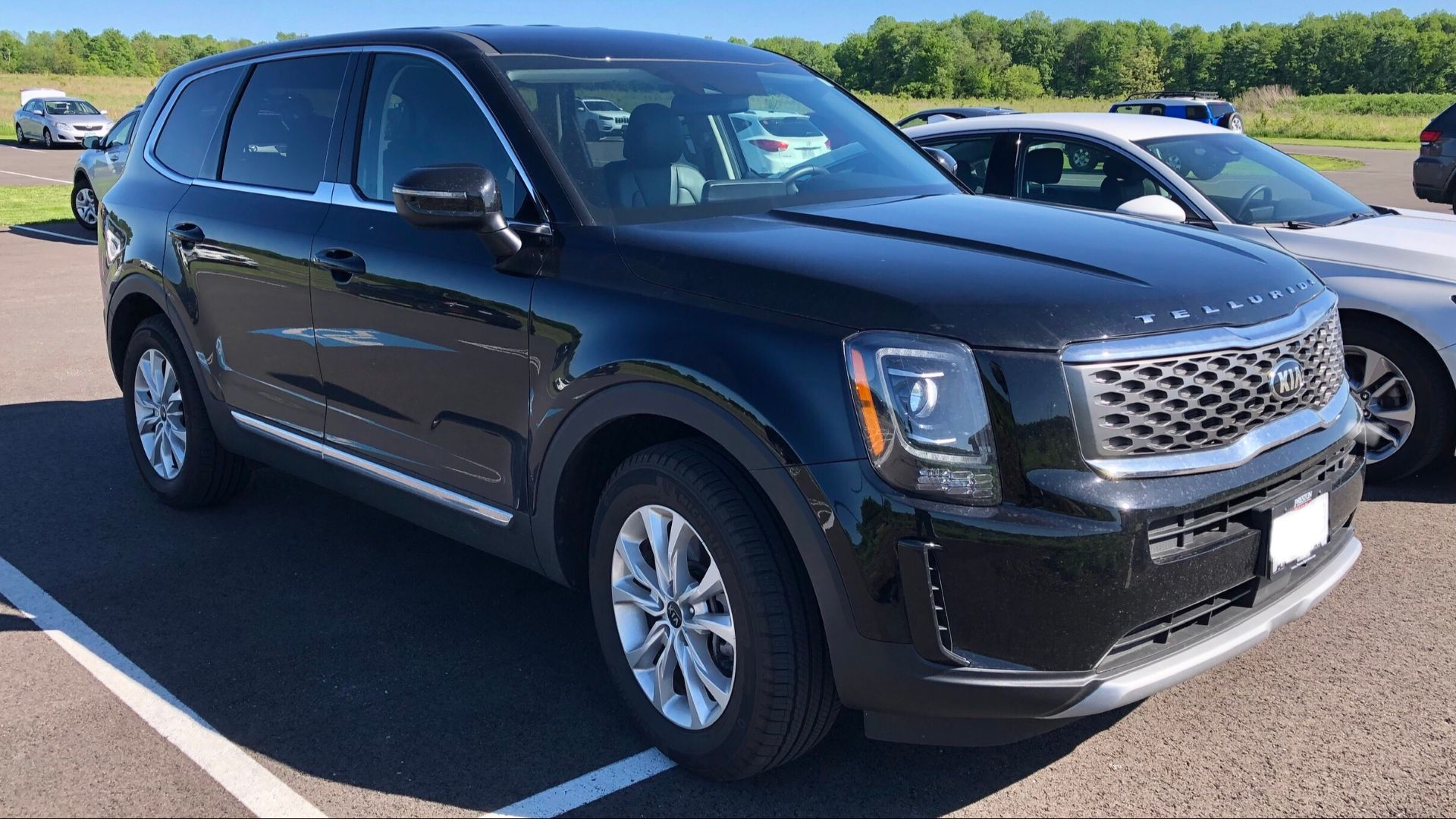 Ghostofakina, Wikimedia Commons
Ghostofakina, Wikimedia Commons
Lincoln Corsair AWD [Least]
Behind its refined badge, the Corsair hides a twitchy transmission. Owners often face jarring upshifts and sluggish gear transitions. Beyond that, sensor failures and screen blackouts have cropped up within the first 40,000 miles. That means long-term confidence fades quickly for many AWD buyers.
 2020 Lincoln Corsair Reserve AWD by Justin Wheeler
2020 Lincoln Corsair Reserve AWD by Justin Wheeler
Toyota Prius AWD-e [Most]
Efficiency rarely pairs well with grip, but the Prius AWD-e manages both. Its rear electric motor adds traction without the complexity of a driveshaft. Backed by Toyota's excellent track record, the hybrid system reliably clears 200,000 miles with minimal intervention or component failure.
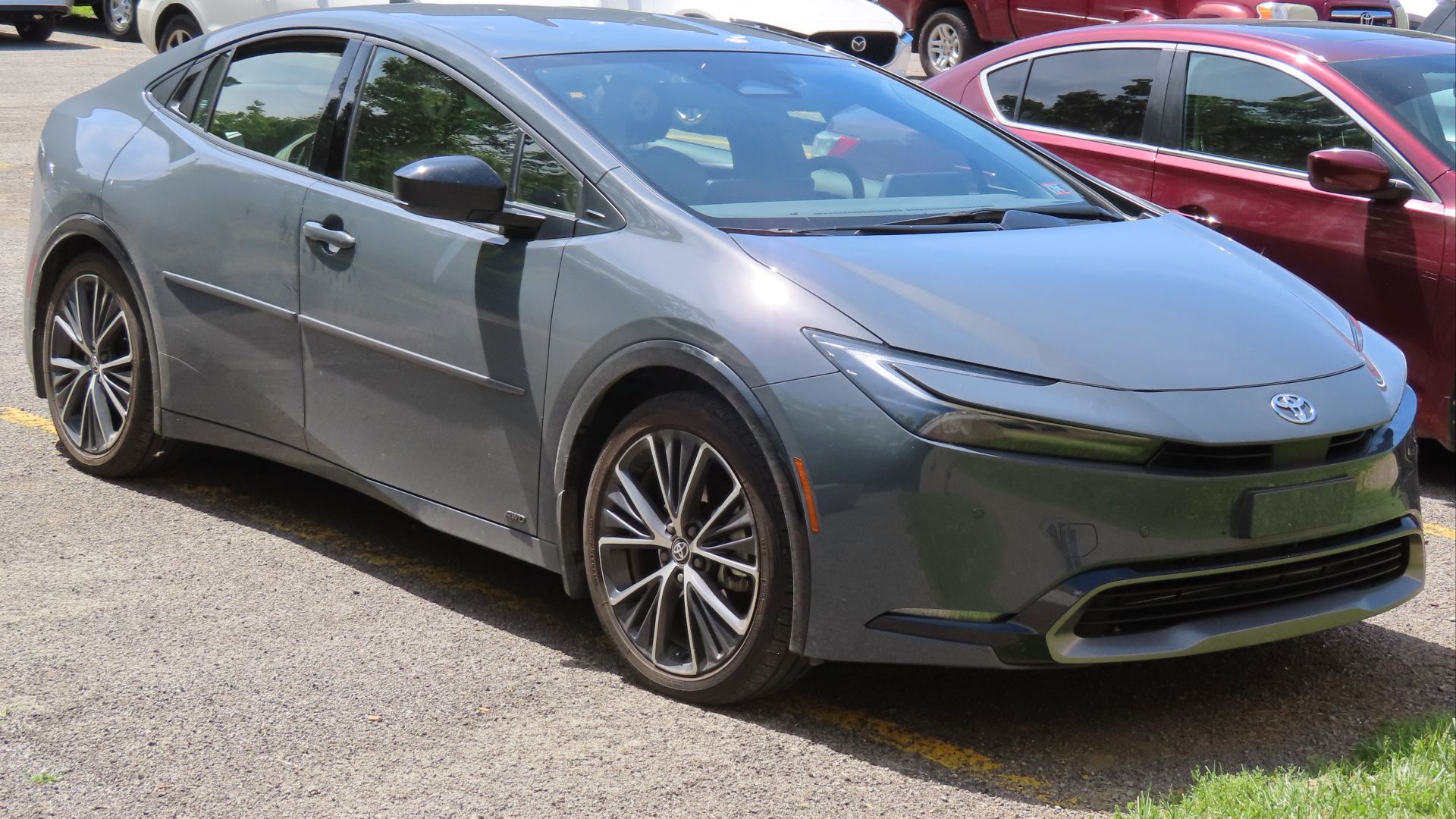 MercurySable99, Wikimedia Commons
MercurySable99, Wikimedia Commons
Land Rover Discovery Sport [Least]
The Discovery Sport's rugged promise wears thin in long-term use. Owners report frequent coolant leaks and glitchy infotainment screens, often before 60,000 miles. Though the AWD system handles rough terrain, software bugs and differential noise repeatedly disrupt confidence in overall reliability.
Genesis G80 AWD [Most]
Few sedans combine luxury, confidence, and mechanical peace of mind like the G80. Genesis equips its 2.5- and 3.5-liter engines with an intelligent AWD system that reacts cleanly, even in poor conditions. A decade-long powertrain warranty only adds to its strong reliability scores.
 Damian B Oh, CC BY-SA 4.0 , via Wikimedia Commons
Damian B Oh, CC BY-SA 4.0 , via Wikimedia Commons
Tesla Model X AWD [Least]
Underneath its flash, the Model X faces persistent flaws. Drivers frequently encounter suspension faults and stubborn door actuators. While the dual-motor system performs well, panel gaps and sensor failures push long-term quality scores below segment standards.
Audi A6 Allroad [Most]
Audi's Quattro system shines in the A6 Allroad, where control and comfort meet. The 3.0-liter turbo V6 is potent and proven, and drivetrain issues remain rare. Long-distance drivers especially praise its dependability, which gives it a lasting edge among upscale AWD wagons.
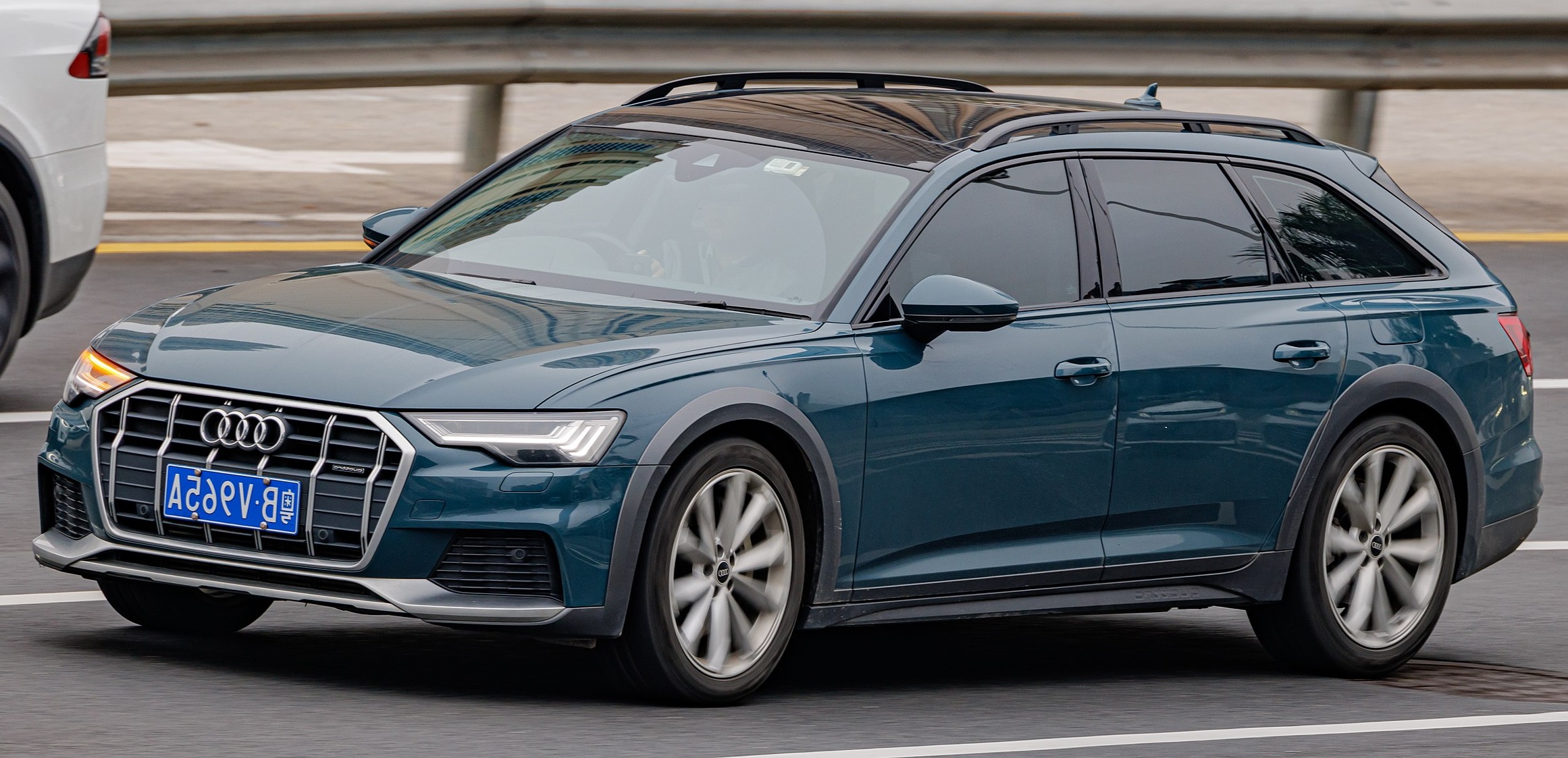 Dinkun Chen, CC BY-SA 4.0, Wikimedia Commons
Dinkun Chen, CC BY-SA 4.0, Wikimedia Commons
Hyundai Kona N AWD [Least]
Under pressure, the Kona N's reliability unravels. Owners cite turbo lag and overheating, issues that cut short its appeal as a performance and reliable crossover. The dual-clutch transmission doesn't help, either. It often delivers rough shifts and unpredictable engagement during stop-and-go conditions.
Volvo XC60 AWD [Most]
The XC60 earns praise not just for safety but for mechanical steadiness. Its 2.0-liter turbo performs reliably across climates, and drivetrain issues are rare. Electrical faults stay low, while top-tier crash ratings and strong owner satisfaction reinforce its position as a dependable AWD luxury compact.
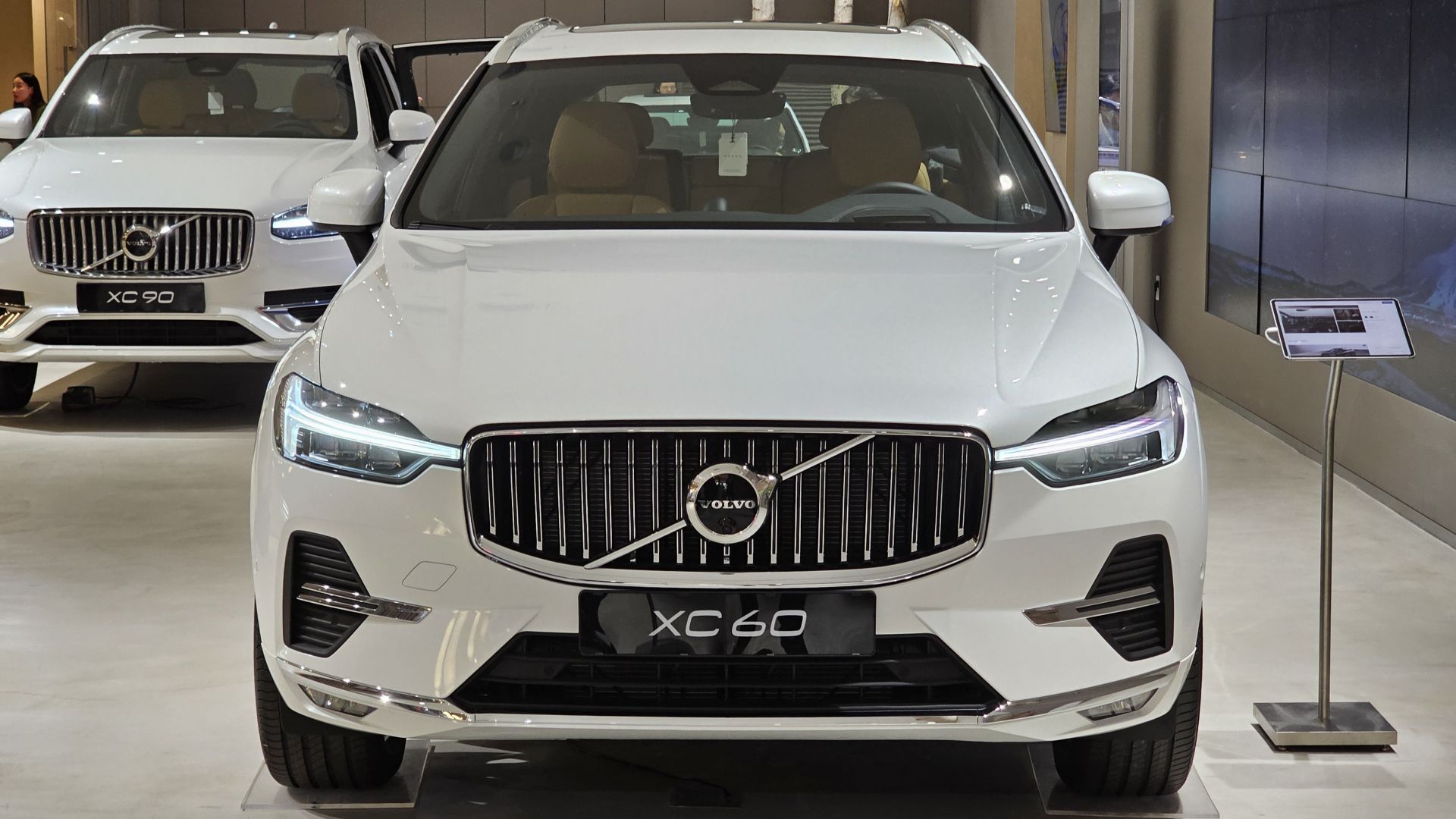 Damian B Oh, Wikimedia Commons
Damian B Oh, Wikimedia Commons
BMW X2 AWD [Least]
Reliability dips below expectations in the X2. Tight suspension tuning leads to early wear in joints and bushings. Plus, frustrated owners even report infotainment bugs, screen freezes, occasional drivetrain vibration, etc. Compared to its sibling, the X2 shows faster system fatigue during daily use.
 2020 BMW X2 xDrive28i AWD Review - Park Mazda by Park Mazda
2020 BMW X2 xDrive28i AWD Review - Park Mazda by Park Mazda
Lucid Air AWD [Most]
Lucid’s debut model defies early EV reliability stereotypes. Dual motors offer clean, fast torque allocation without mechanical complexity. Early vehicles show strong battery retention, with warranties guaranteeing at least 70% at 100,000 miles. Fewer moving parts support long-term optimism for the Air.
 Lucid Air Grand Touring 1050HP 516 Mi Range 2023 AWD Electric Car by InterUnetAutomotive
Lucid Air Grand Touring 1050HP 516 Mi Range 2023 AWD Electric Car by InterUnetAutomotive
GMC Terrain AWD [Least]
Can a compact SUV still be frustrating despite modern tech? The GMC Terrain answers yes. Its 1.5-liter turbo faces carbon buildup that limits performance, while infotainment screens freeze without warning. Add transmission shuddering under moderate throttle, and reliability fades fast in everyday use.
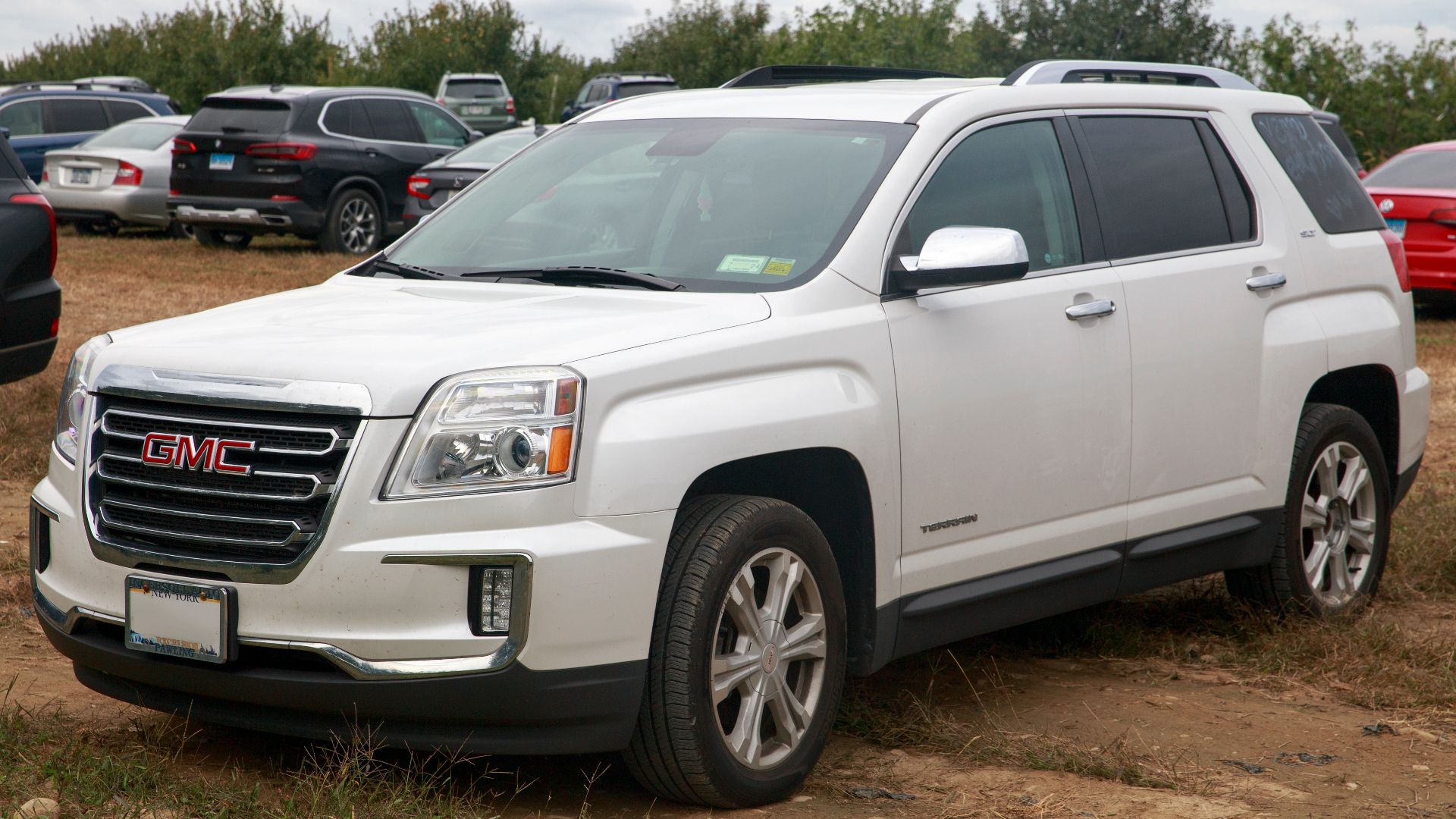 Mr.choppers, Wikimedia Commons
Mr.choppers, Wikimedia Commons
Ford Bronco Sport AWD [Most]
Small in size but built for grit, the Bronco Sport surprises with its durability. Higher trims use a twin-clutch rear unit that sharpens off-road traction. Both EcoBoost engine options have aged well in testing, and warranty data reflects low powertrain repair rates. Its AWD response in snow and mud has earned strong marks from owners and testers alike.
 2022 Ford Bronco Sport | AWD by Lexus of Edmonton
2022 Ford Bronco Sport | AWD by Lexus of Edmonton
Fiat 500X AWD [Least]
Its nine-speed transmission often stumbles with jerky gear changes and early failures. The 500X also shows noticeable drivetrain vibration and occasional throttle response concerns. These issues have long overshadowed its charm, keeping it near the bottom of dependability rankings year after year.
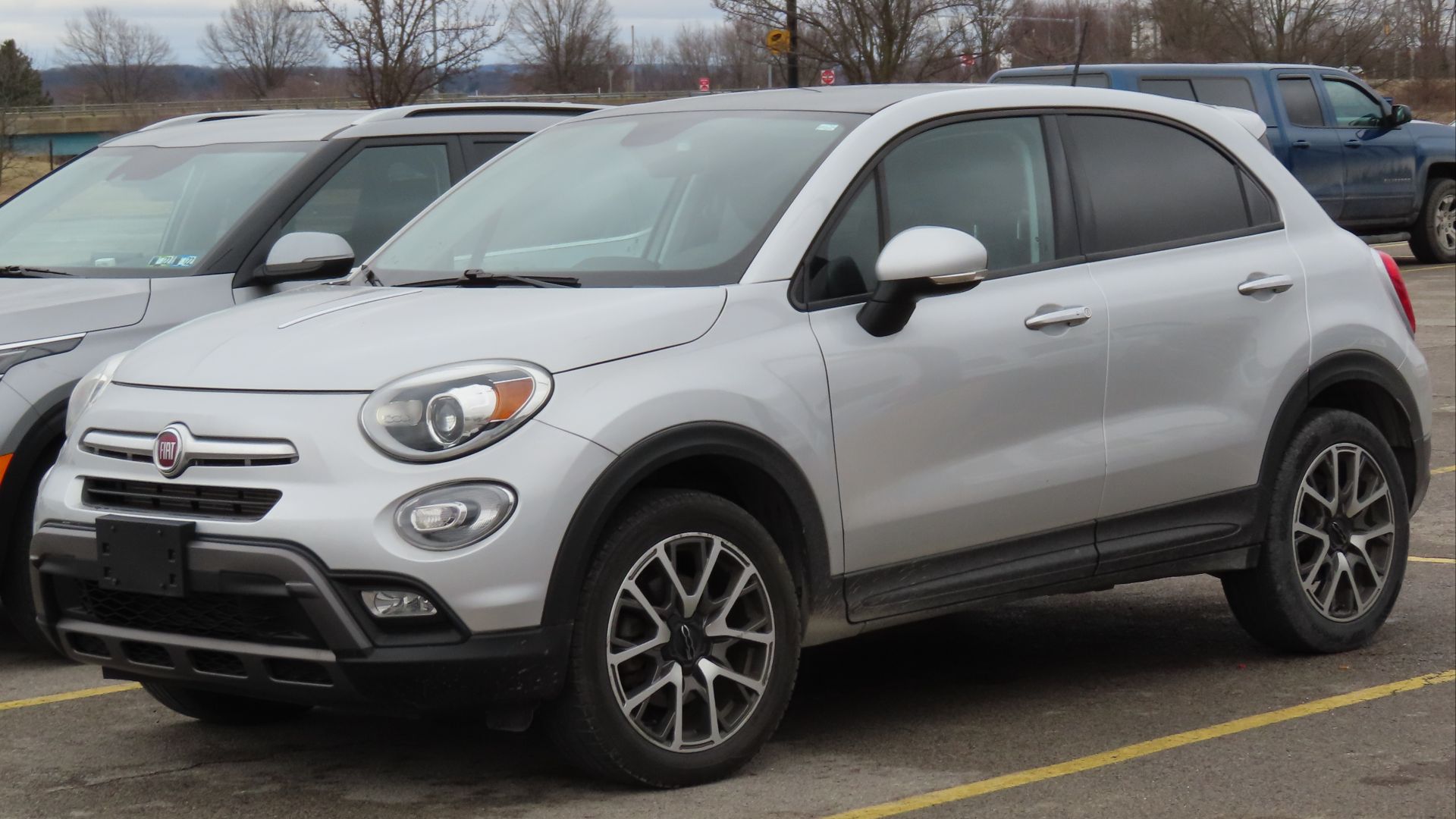 MercurySable99, Wikimedia Commons
MercurySable99, Wikimedia Commons
Lexus RX 500h AWD [Most]
Refined and mechanically smart, the RX 500h features an electric motor powering the rear axle that reduces complexity and wear. Its turbo-hybrid setup balances power with efficiency. Owners rarely report system faults, and the vehicle often exceeds 100,000 miles without drivetrain drama.
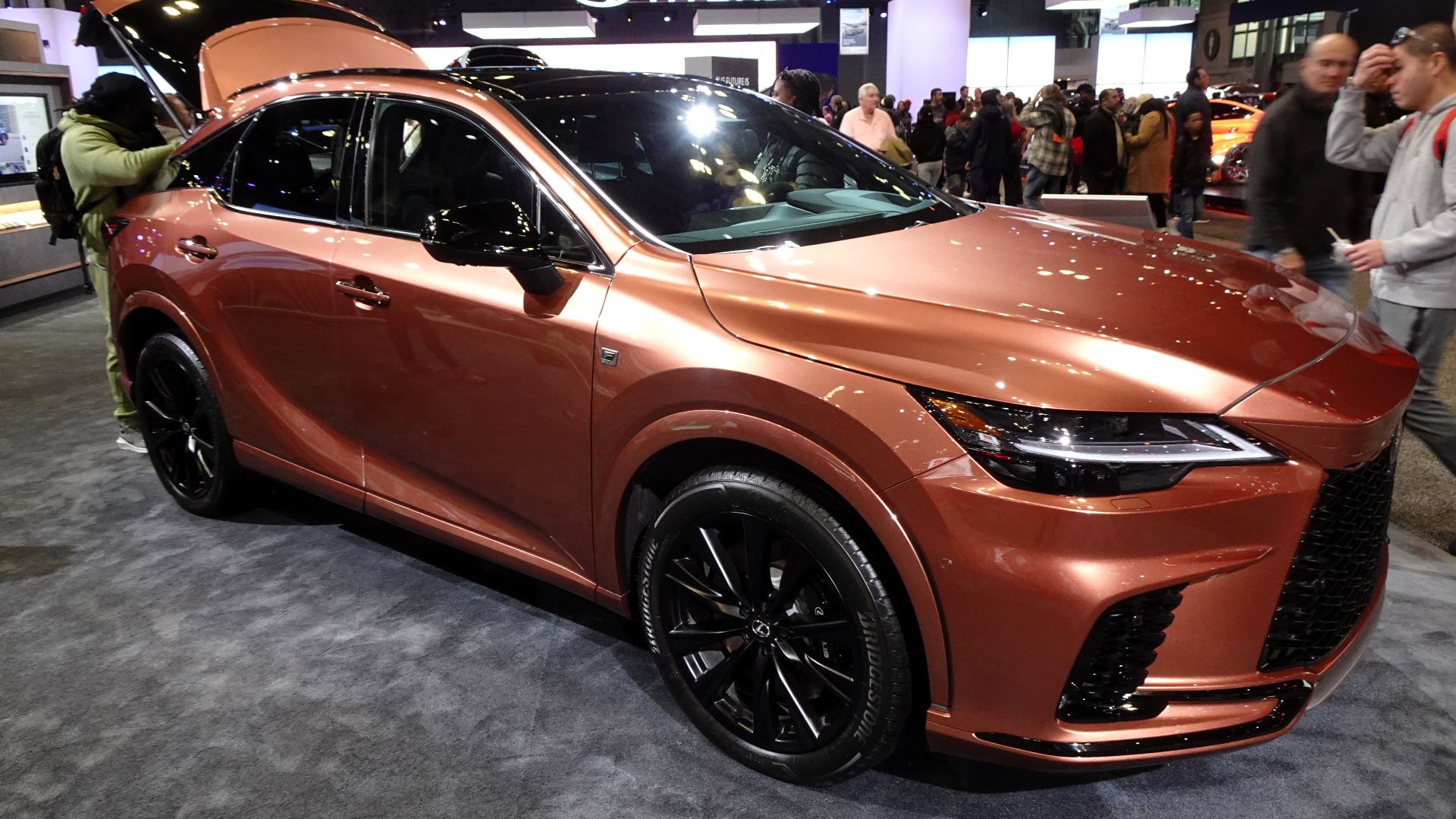 Charles from Port Chester, New York, Wikimedia Commons
Charles from Port Chester, New York, Wikimedia Commons
Nissan Murano AWD [Least]
The Murano’s earlier CVT woes are now behind it, replaced by a smoother nine-speed automatic. Electrical faults and a recent brake caliper recall are still raising concerns. While AWD performance has improved, long-term confidence in the system remains cautious among longtime Nissan owners.
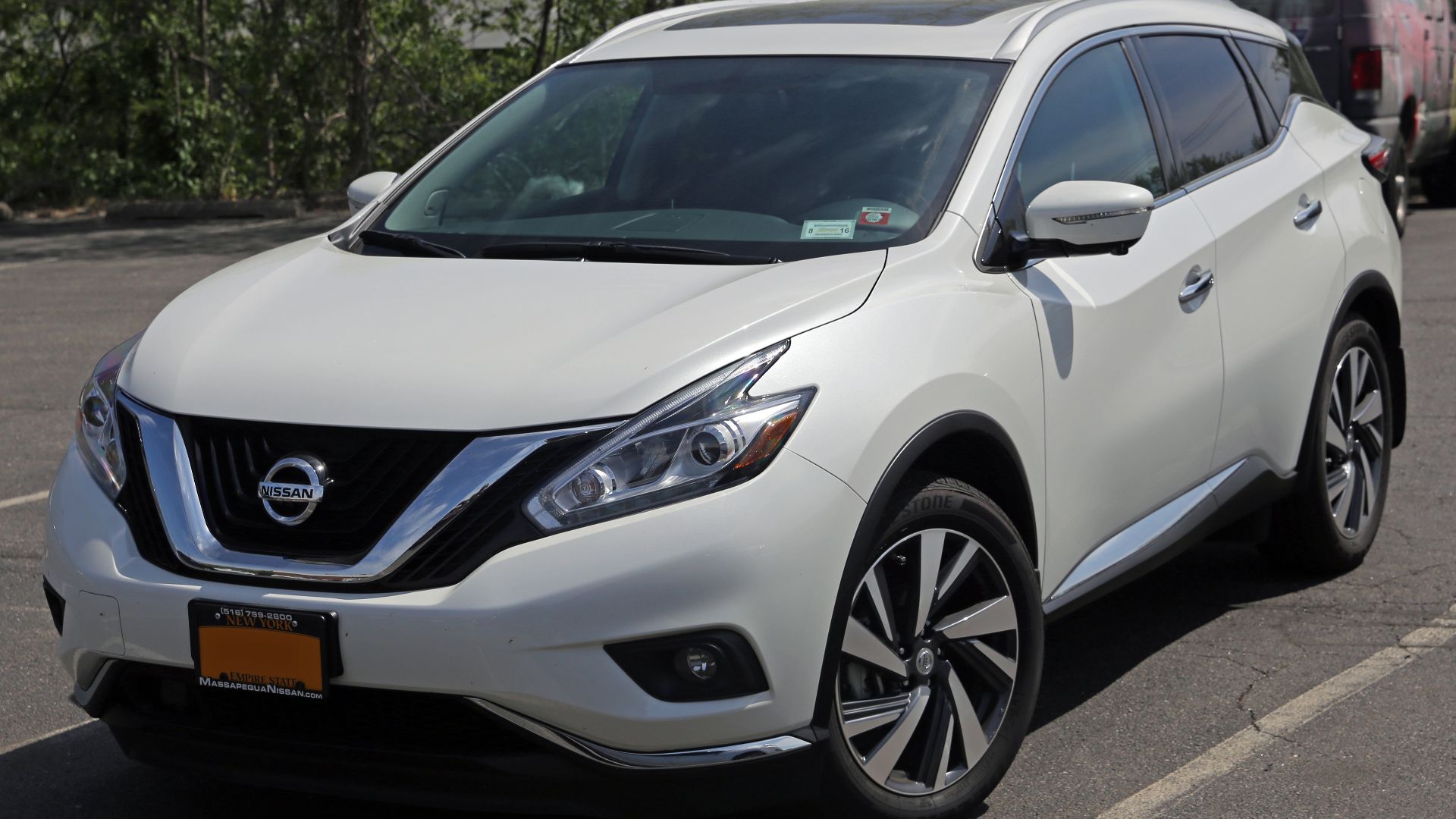 Mr.choppers, Wikimedia Commons
Mr.choppers, Wikimedia Commons
Genesis GV80 Coupe AWD [Most]
Luxury meets staying power in the GV80 Coupe. Its 3.5-liter twin-turbo V6 delivers smooth power across terrain types, aided by a responsive AWD system. Genesis backs its engineering with a 10-year warranty, and owners consistently report strong build quality well into high mileage.
 Damian B Oh, CC BY-SA 4.0, Wikimedia Commons
Damian B Oh, CC BY-SA 4.0, Wikimedia Commons
Chevrolet Blazer AWD [Least]
The Blazer’s styling may grab attention, but drivers report electrical glitches and recurring infotainment resets. A recall for faulty door strikers has also surfaced in recent models. While less severe than past issues, these problems still undercut confidence in its AWD reliability over time.
Porsche 911 Carrera 4 AWD [Most]
Precision defines the Carrera 4. Porsche's rear-biased AWD system delivers flawless grip and control, especially in wet or winding conditions. Its flat-six engines routinely reach 200,000 miles with disciplined maintenance. Low defect rates and high owner loyalty stand out in long-term reliability.
Jeep Renegade AWD [Least]
The 2025 Renegade still falls short on reliability. It's a 1.3-liter turbo engine that resolves past oil problems, but the nine-speed automatic hesitates when shifting. In earlier models, AWD versions have shown differential concerns, with limited 2025 data raising flags before the 80,000-mile mark.
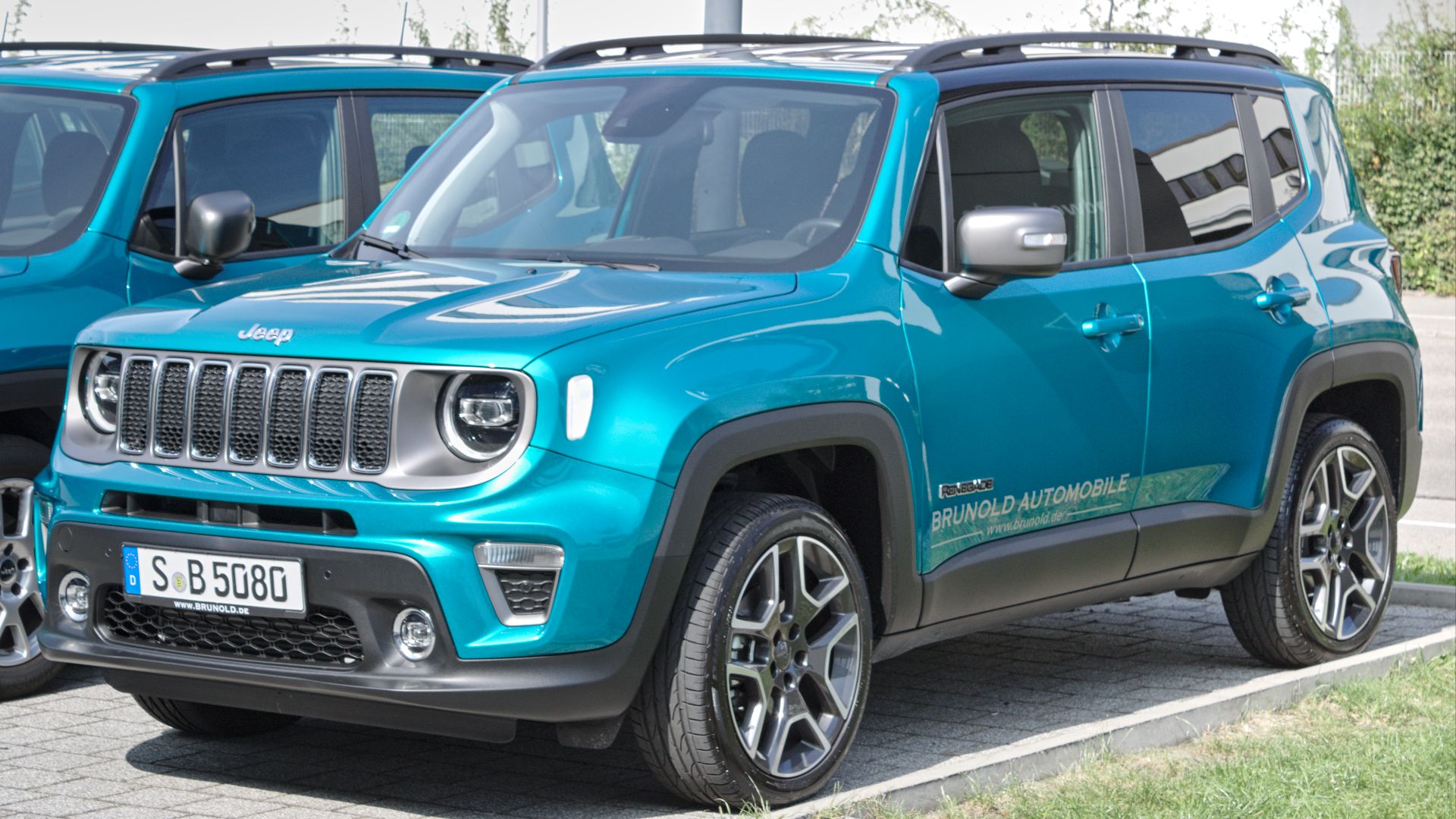 Alexander Migl, Wikimedia Commons
Alexander Migl, Wikimedia Commons
BMW X5 xDrive AWD [Most]
BMW's xDrive in the X5 balances performance and endurance. The inline-six and V8 options have proven resilient, especially post-2019 updates. Owners benefit from stable AWD handling, while drivetrain and electronic systems show fewer faults than earlier generations and demonstrate solid long-term refinement.
 2018 BMW X5 35d XDrive AWD Diesel 1-Owner For Sale by euromotorsltd
2018 BMW X5 35d XDrive AWD Diesel 1-Owner For Sale by euromotorsltd


